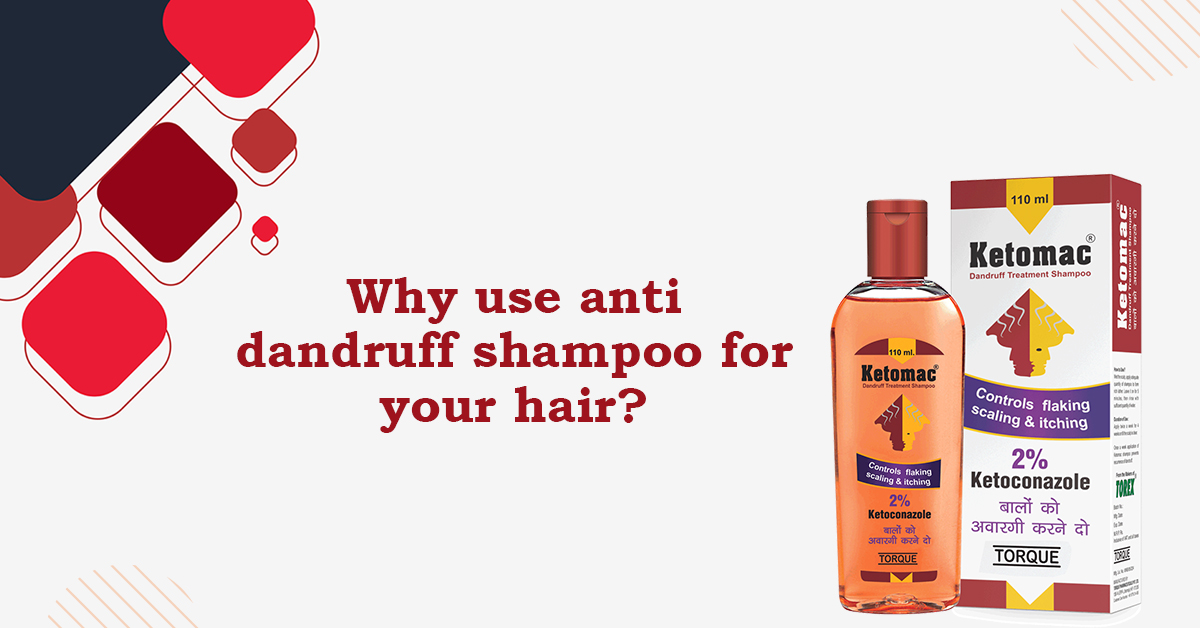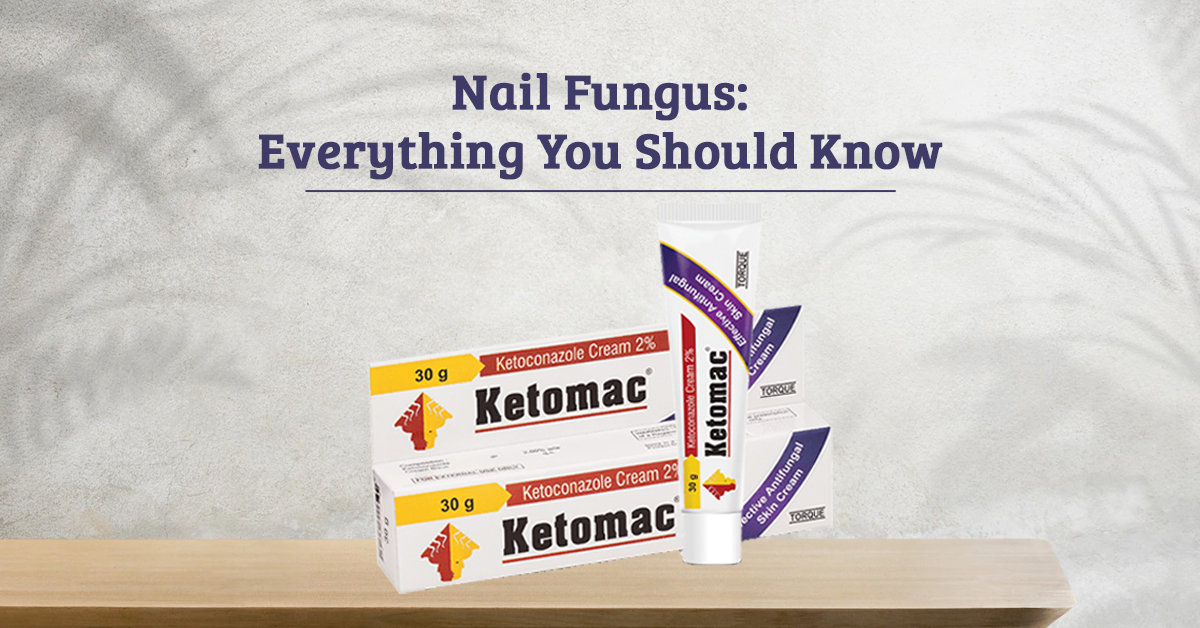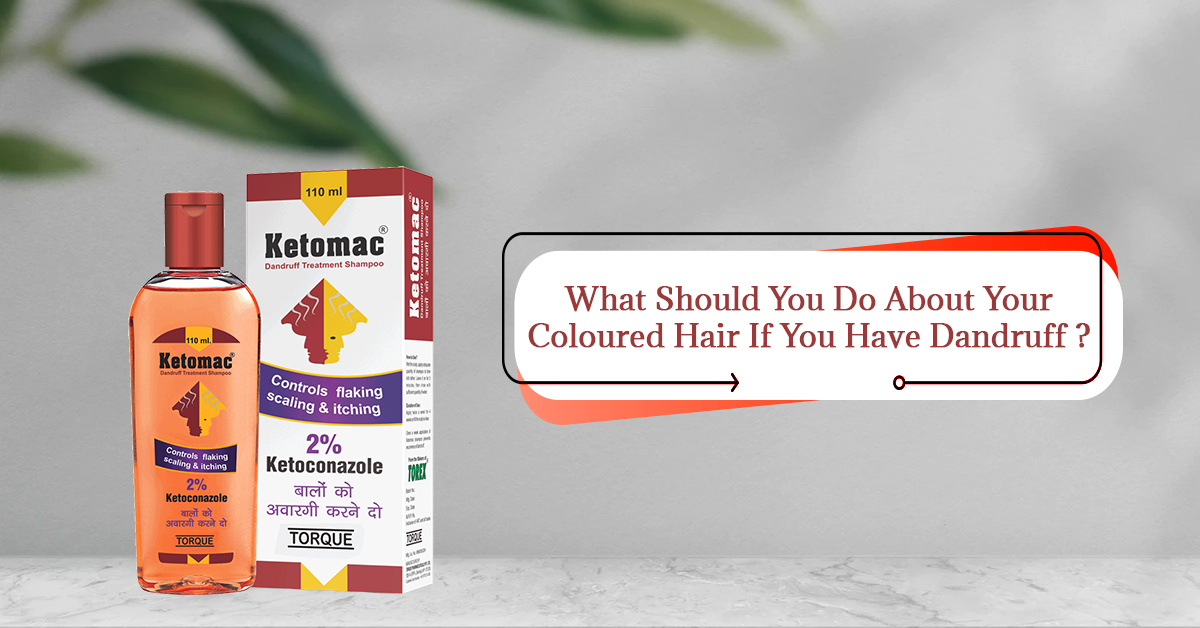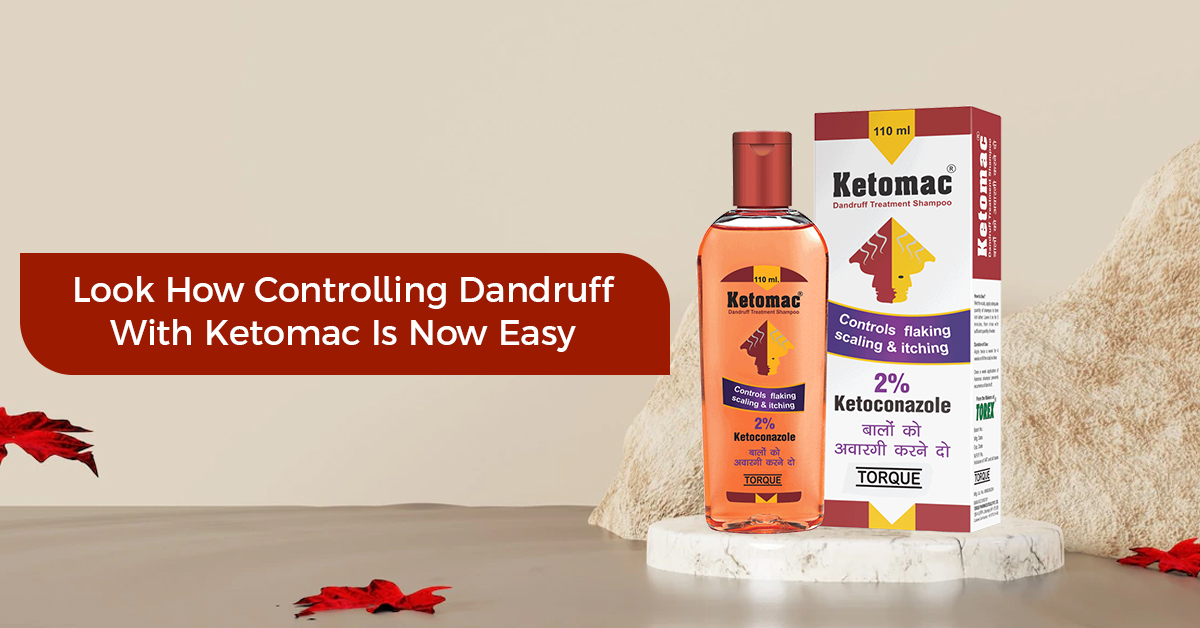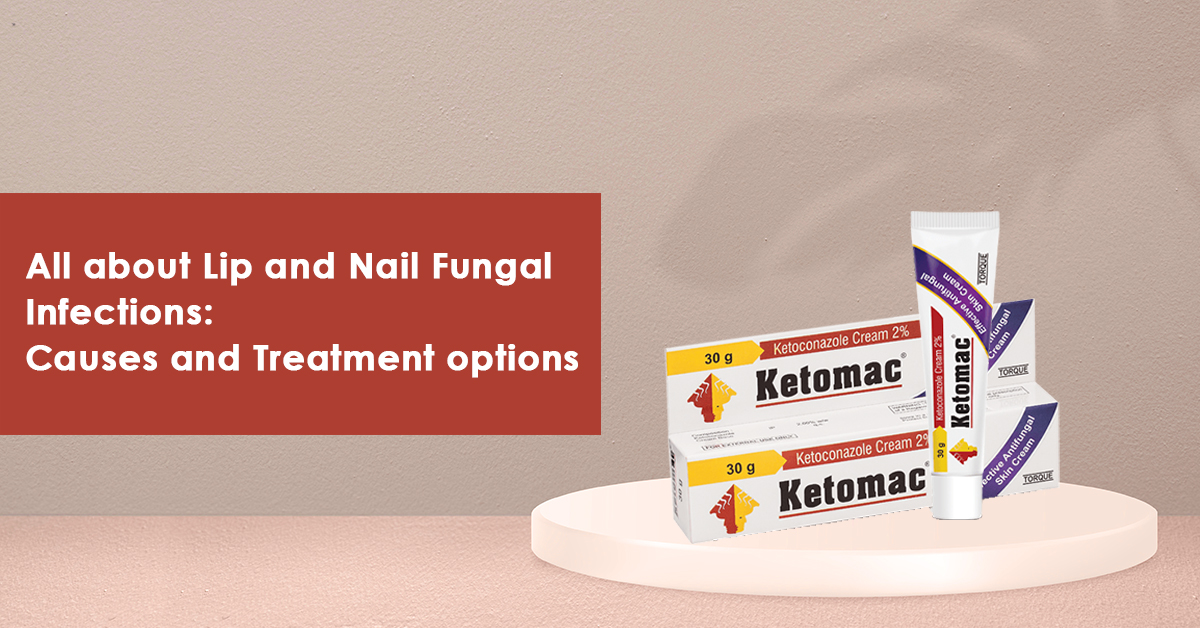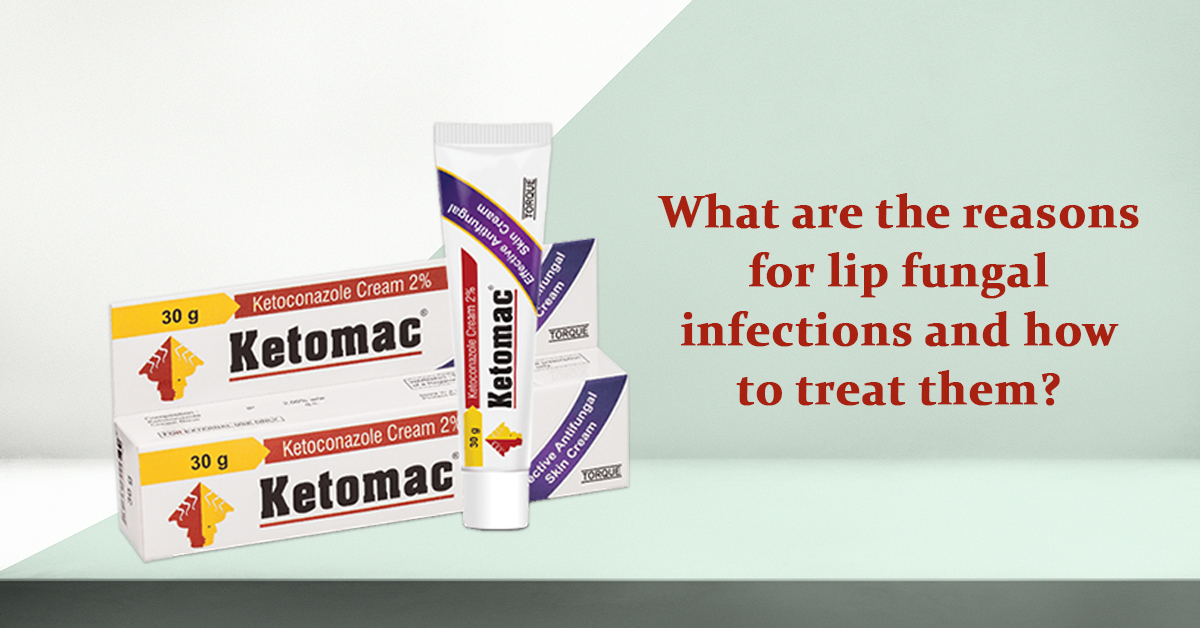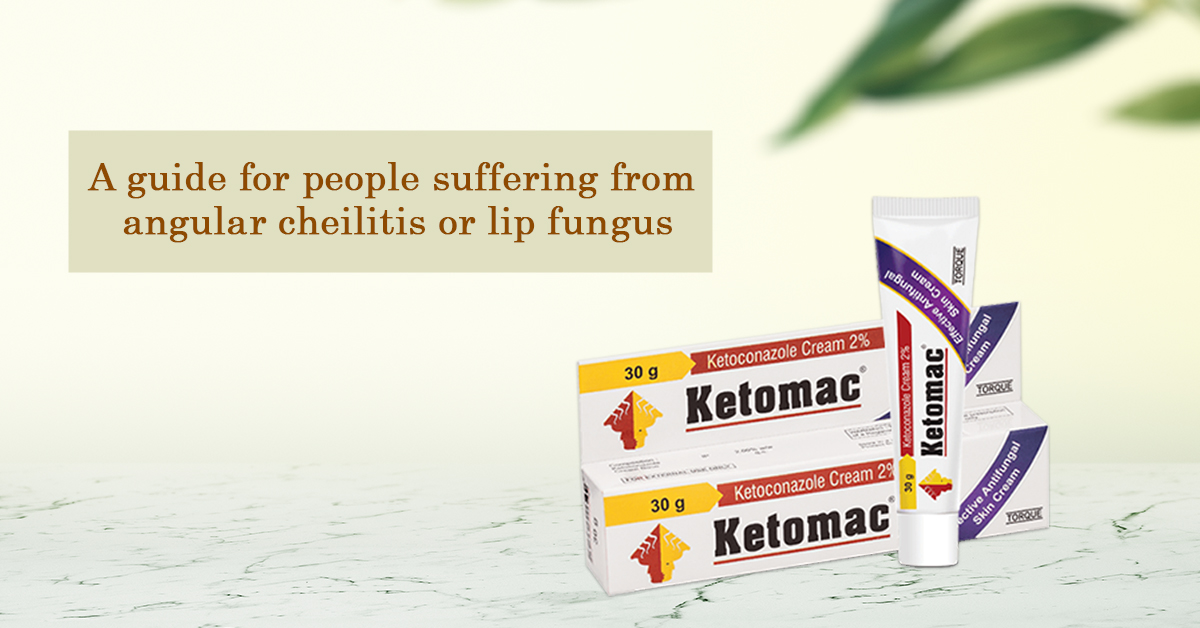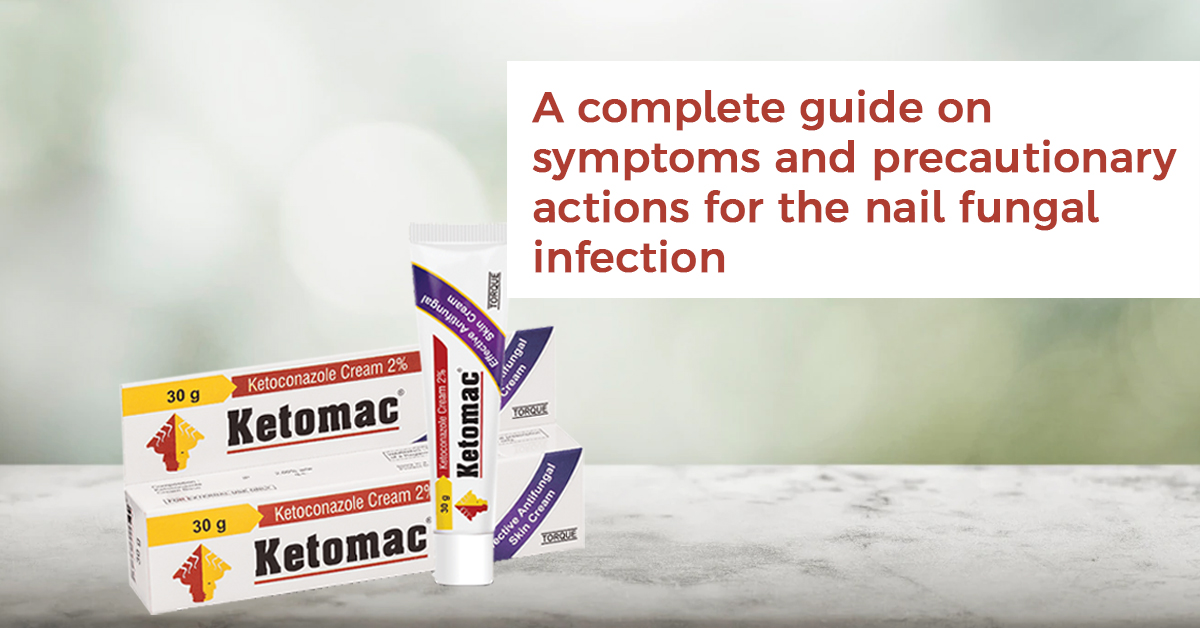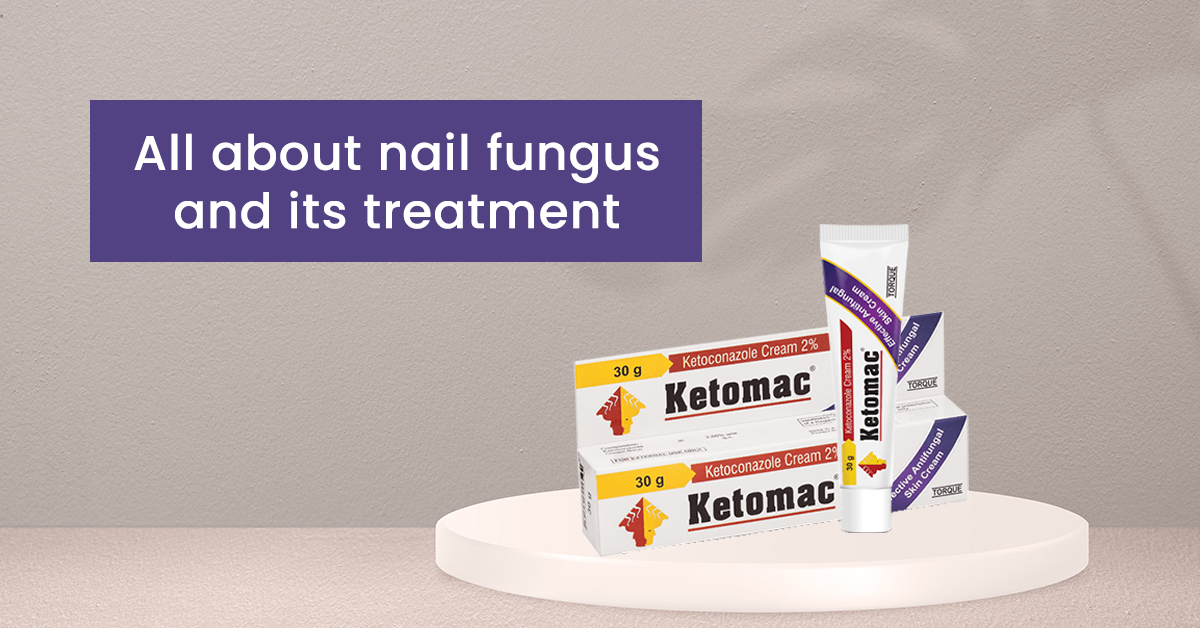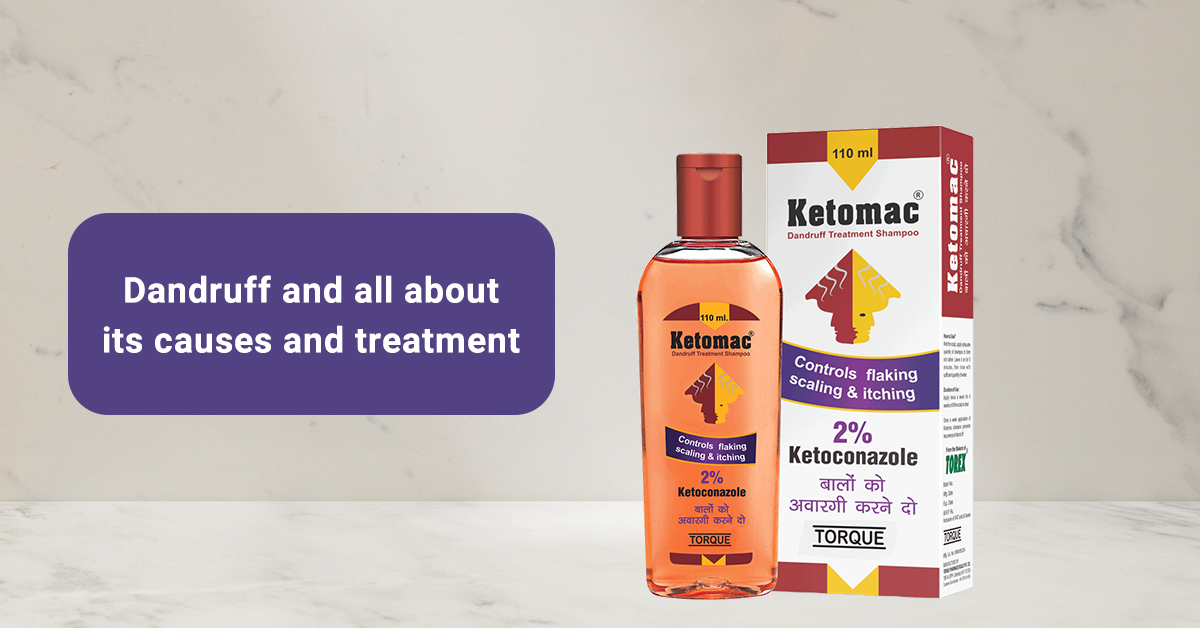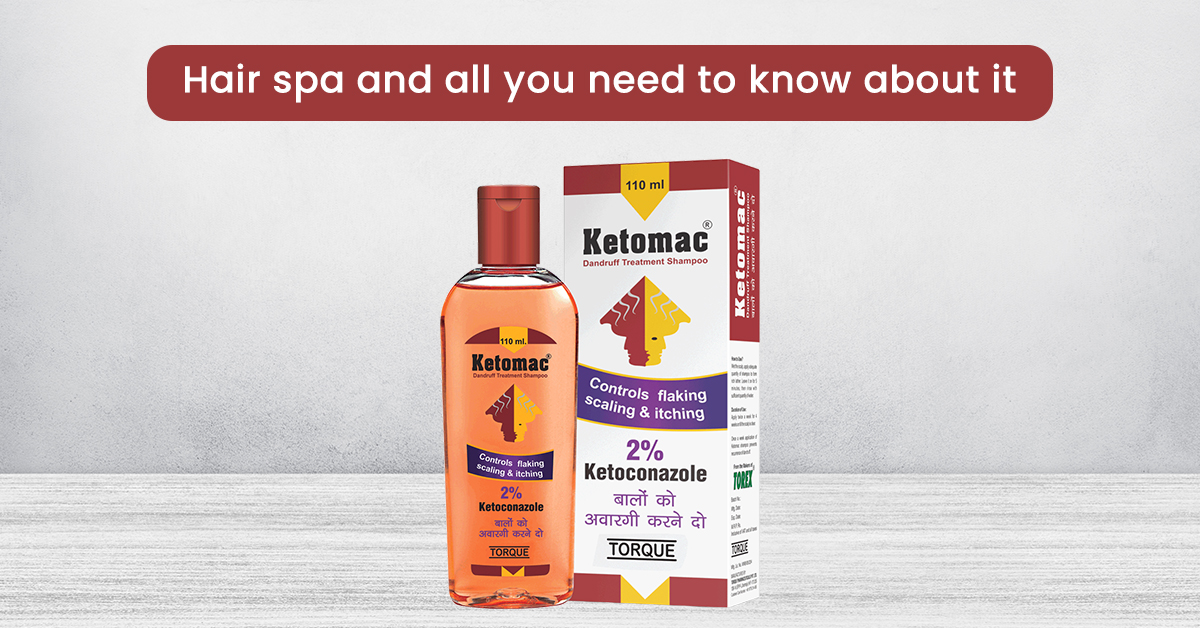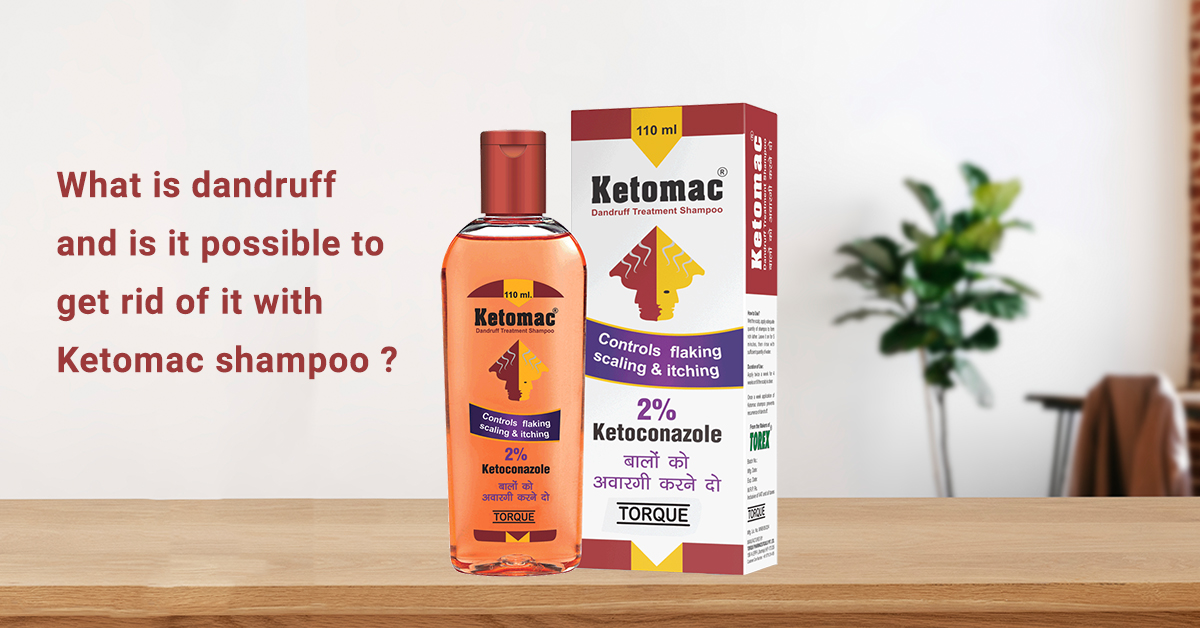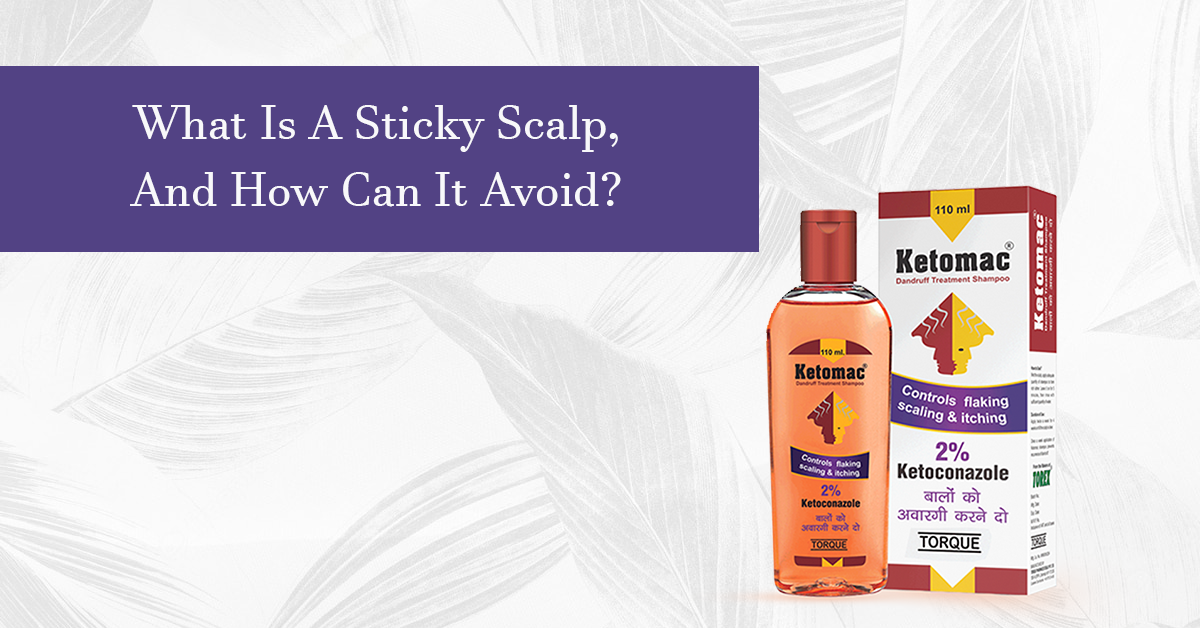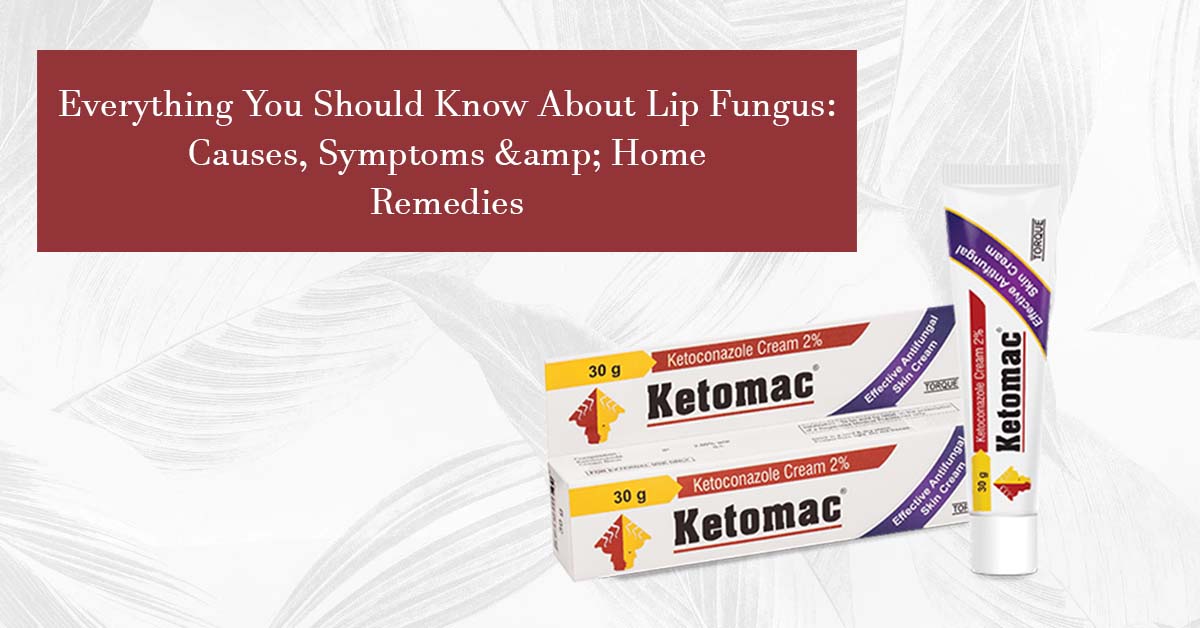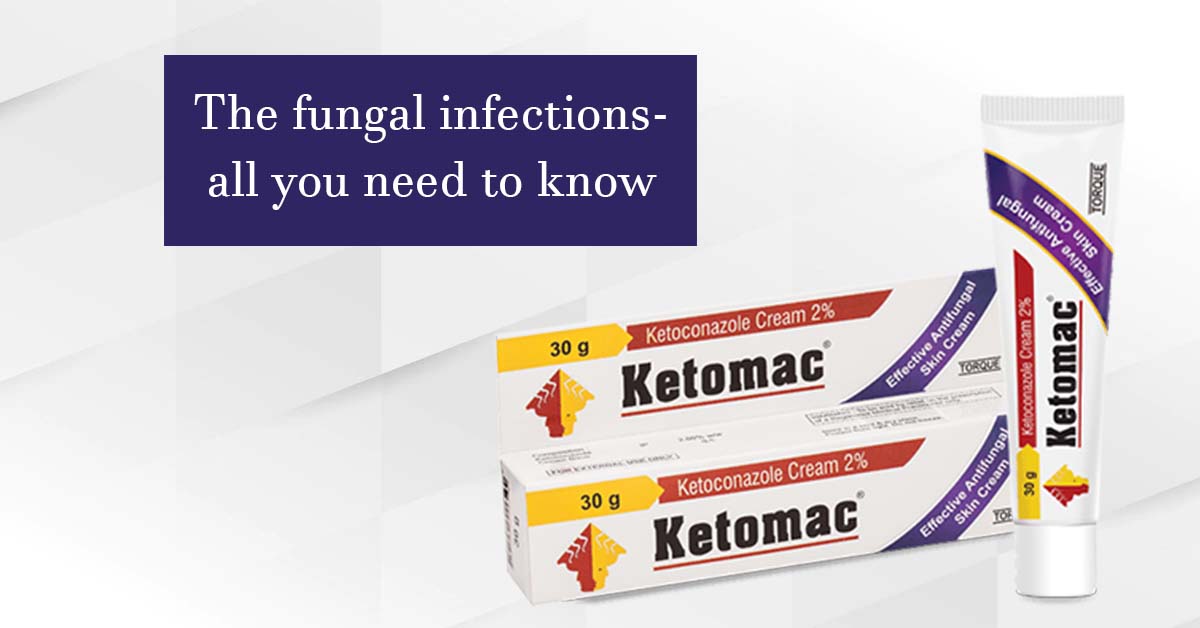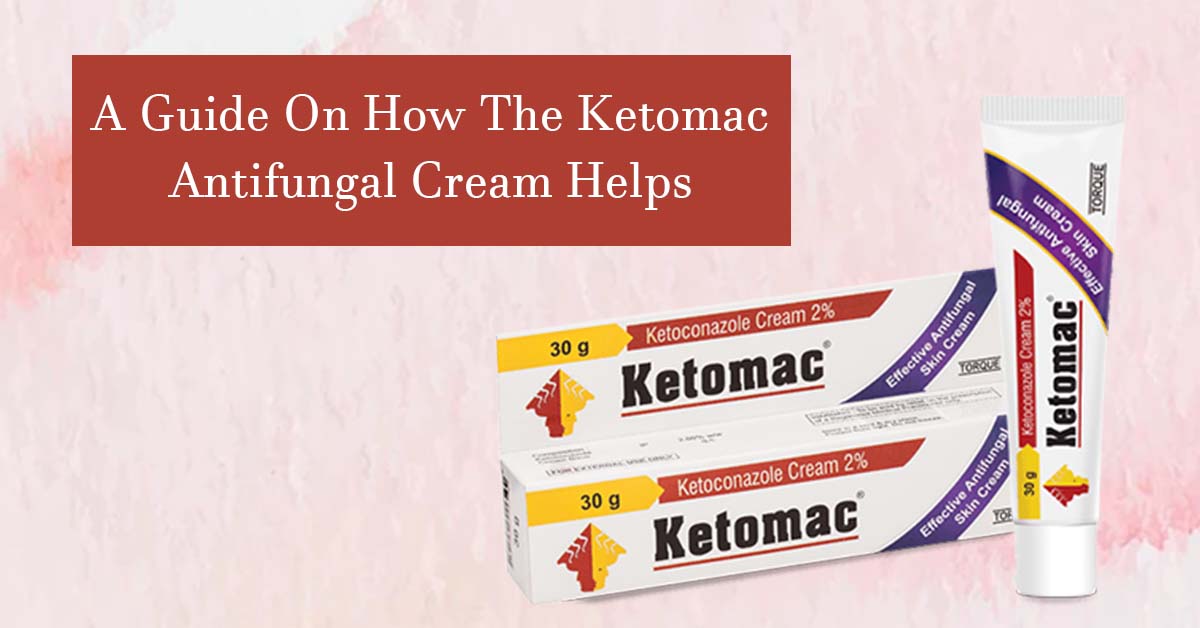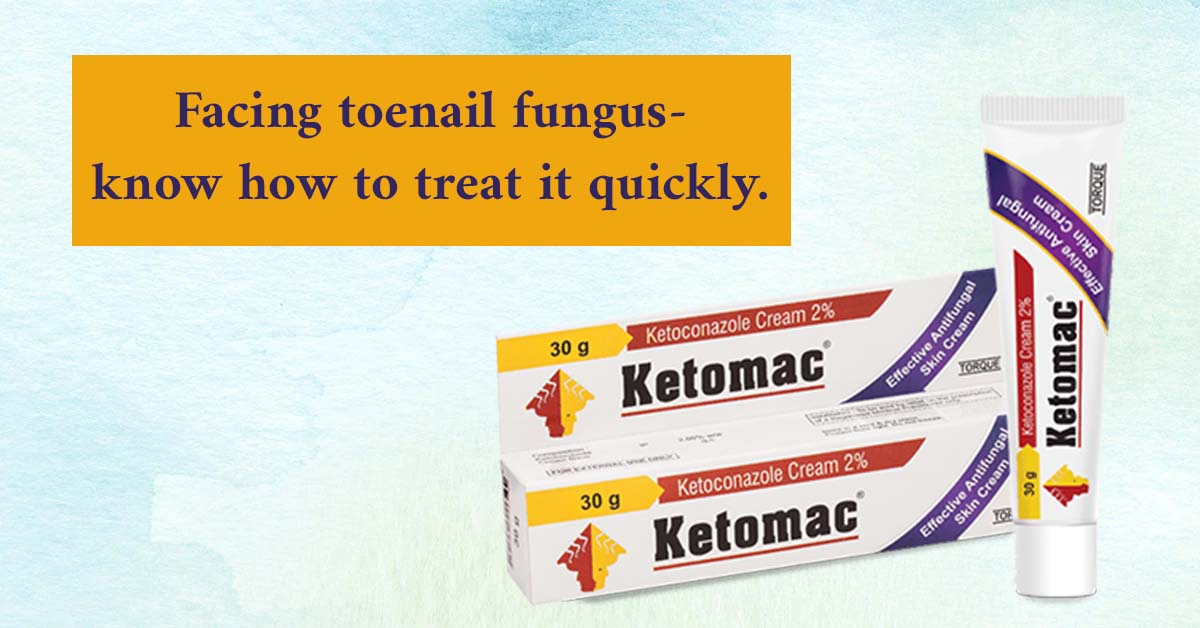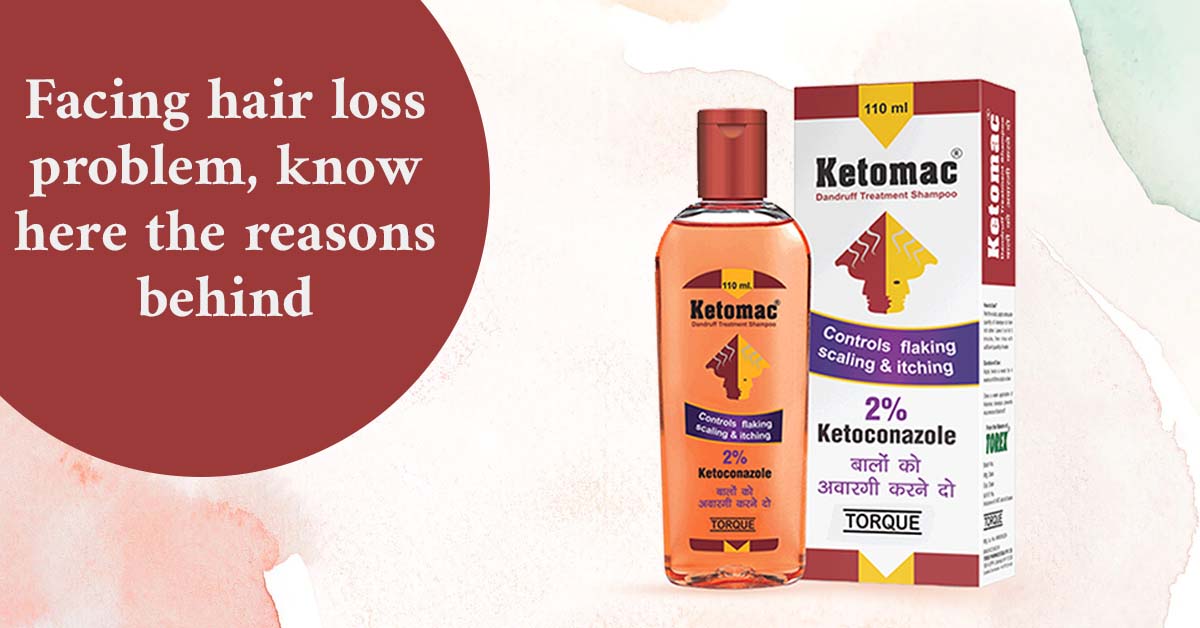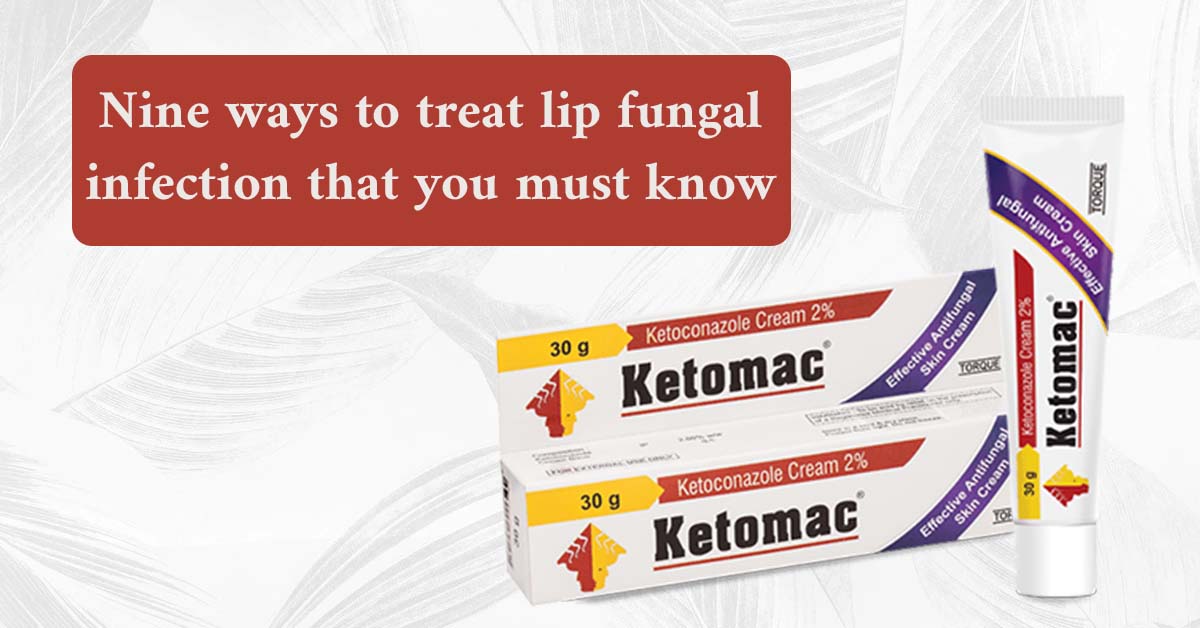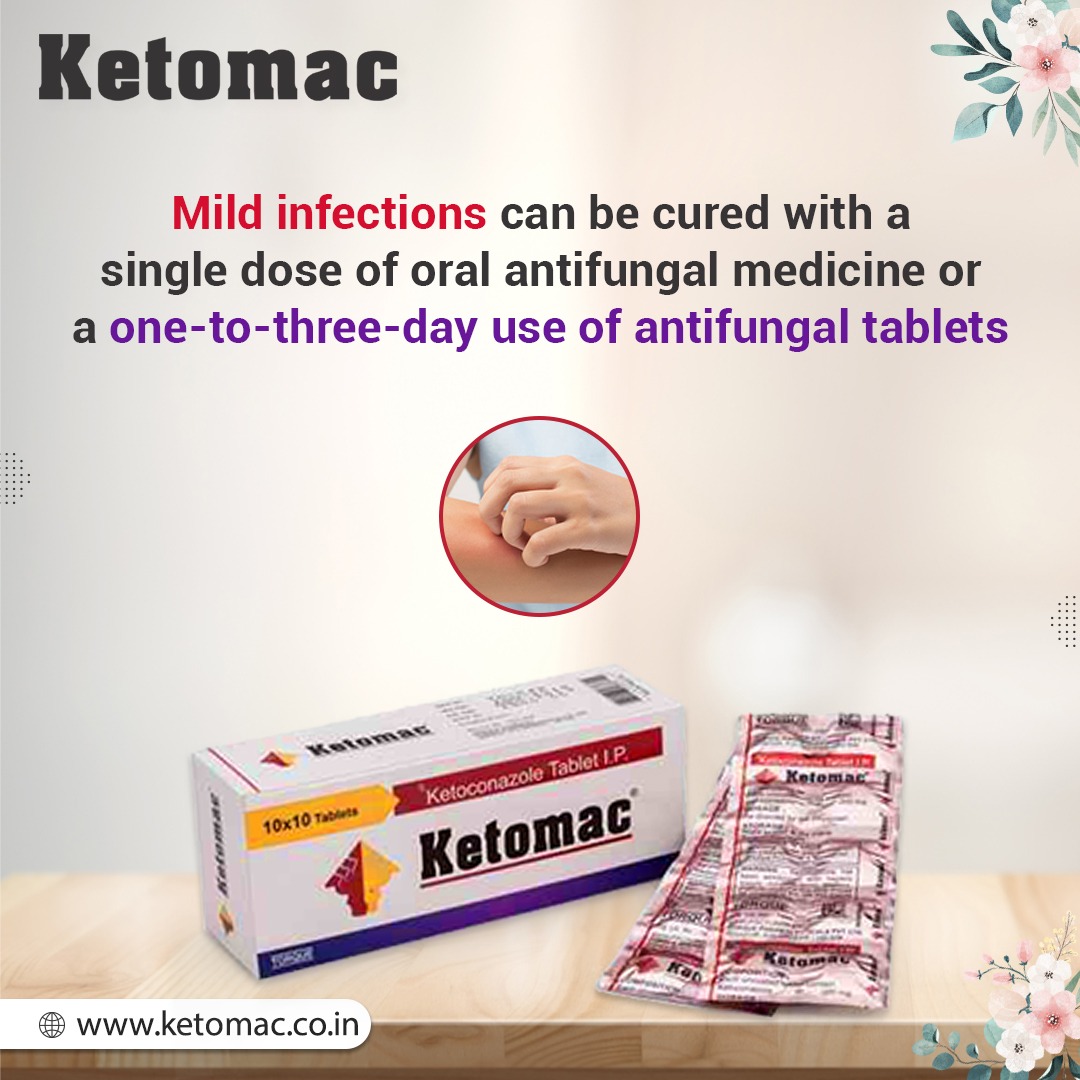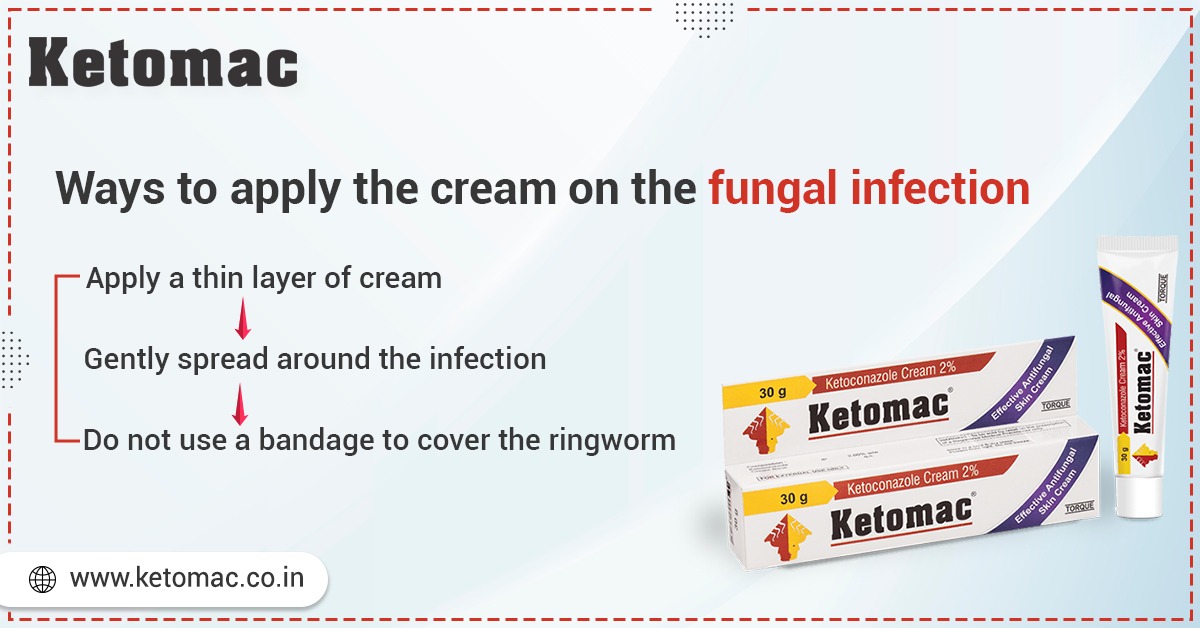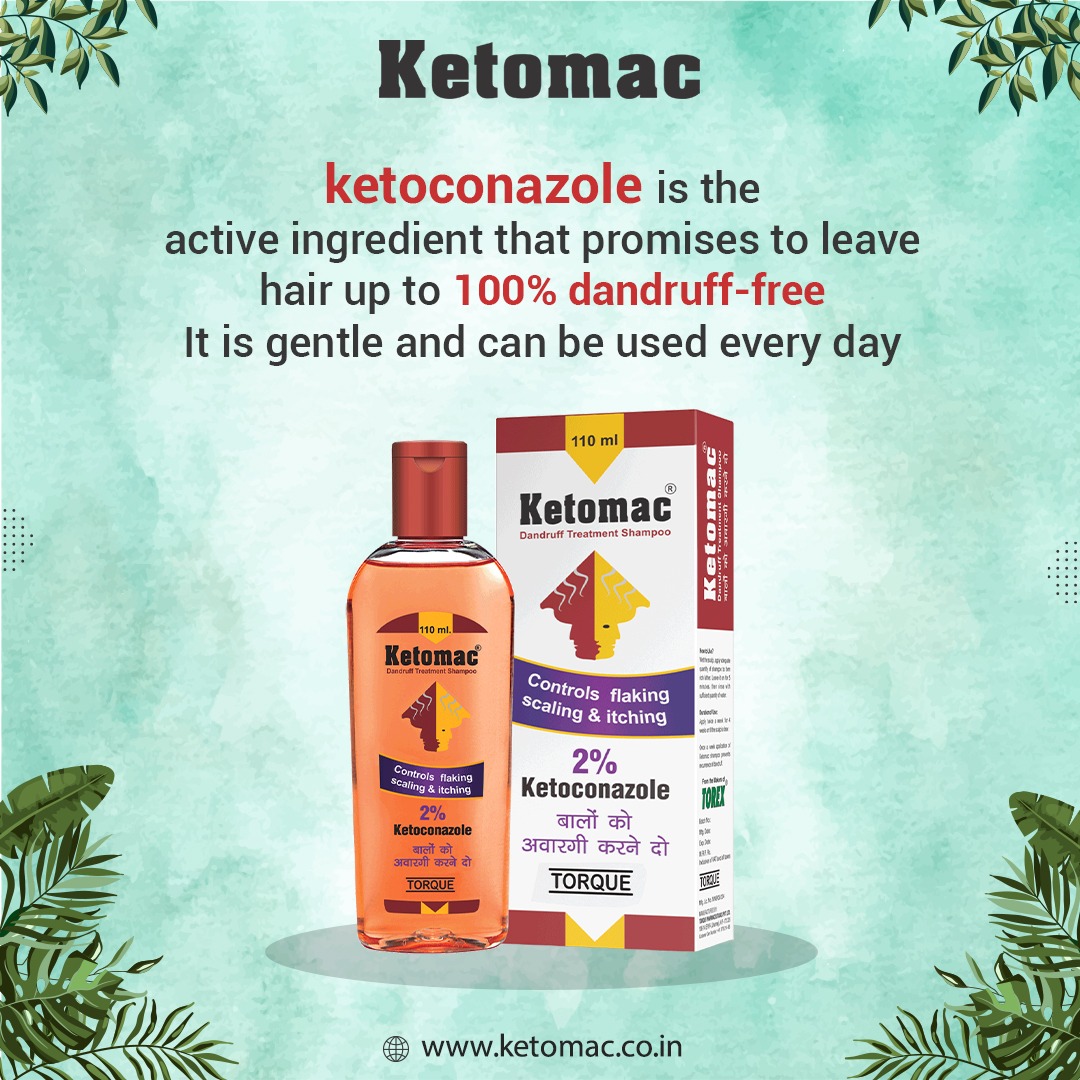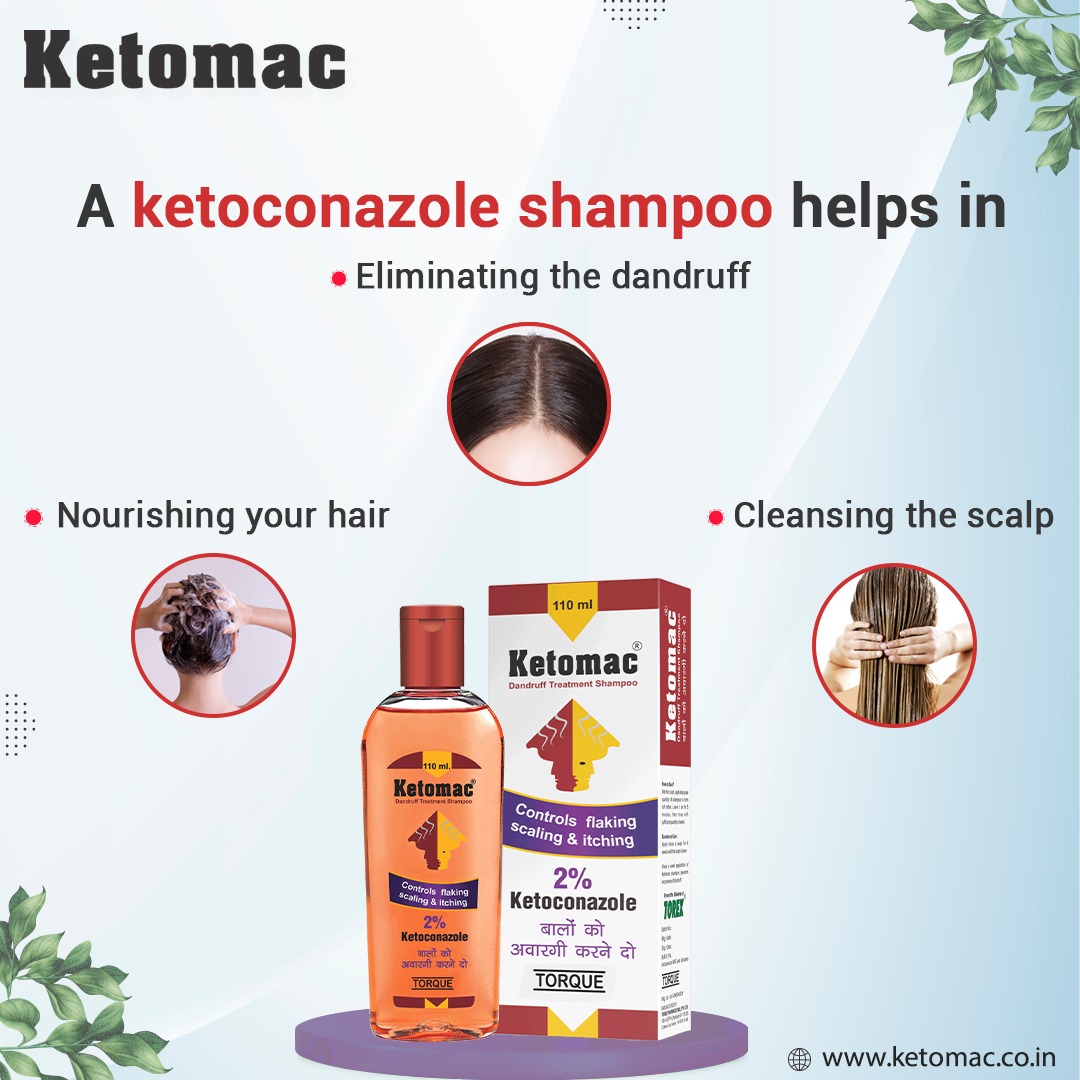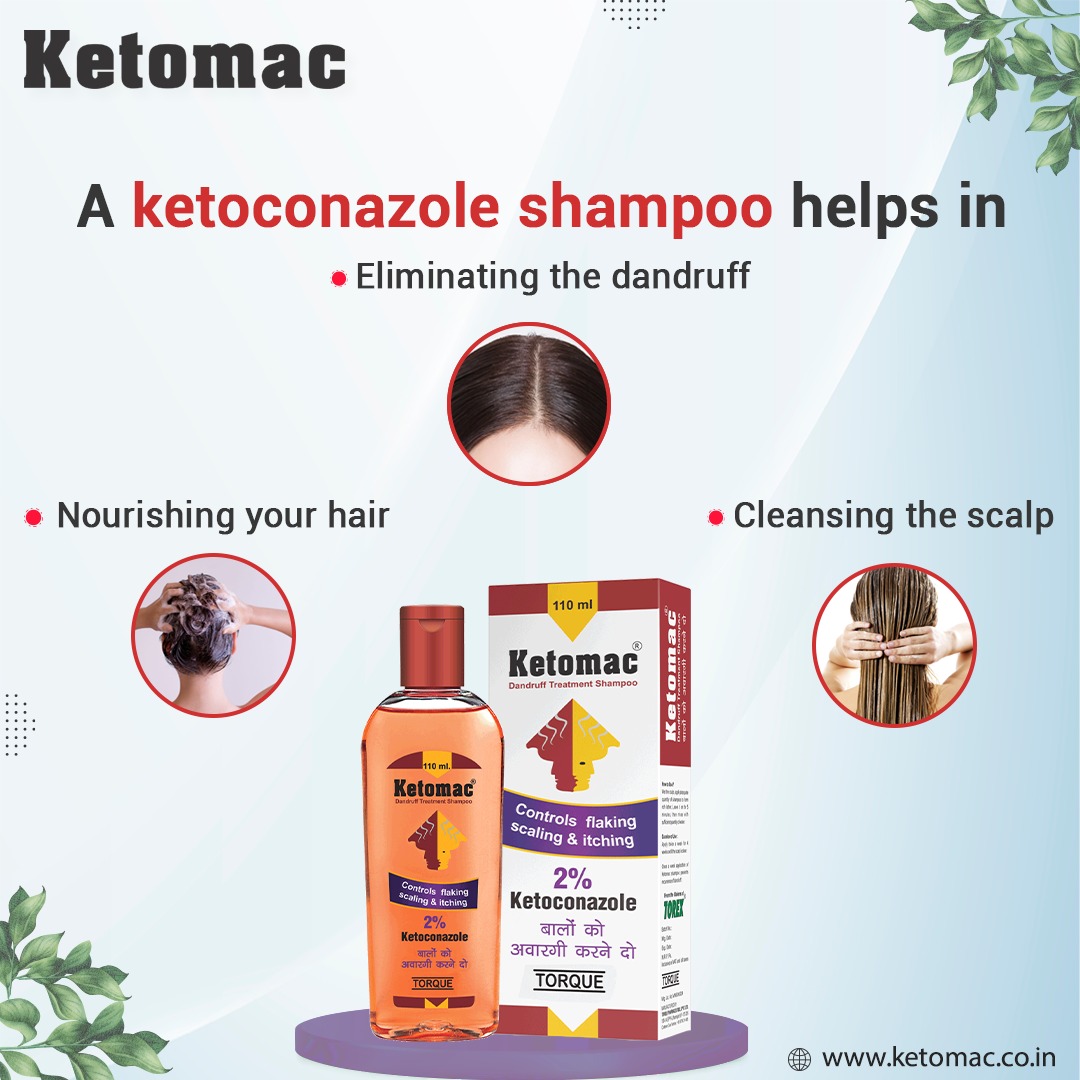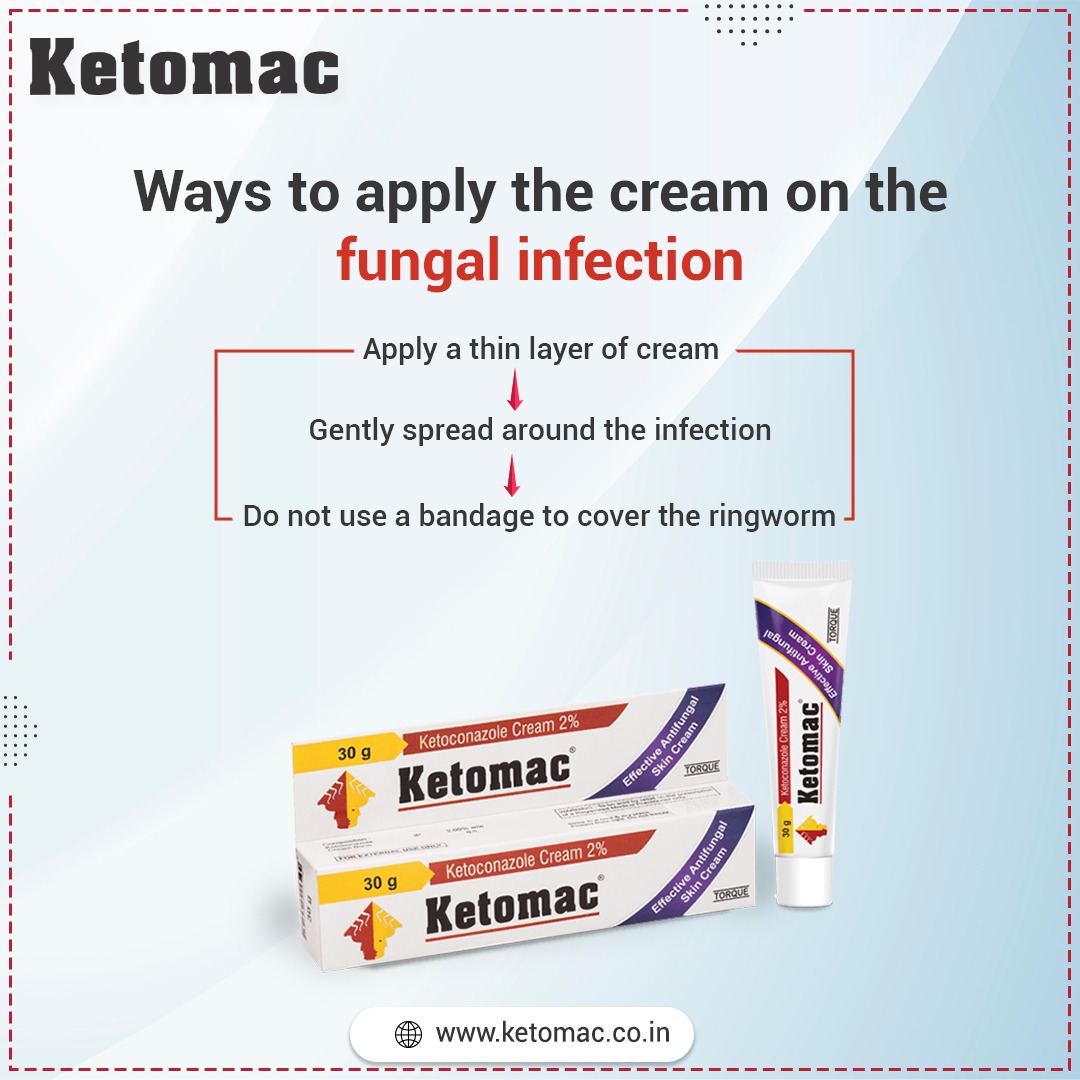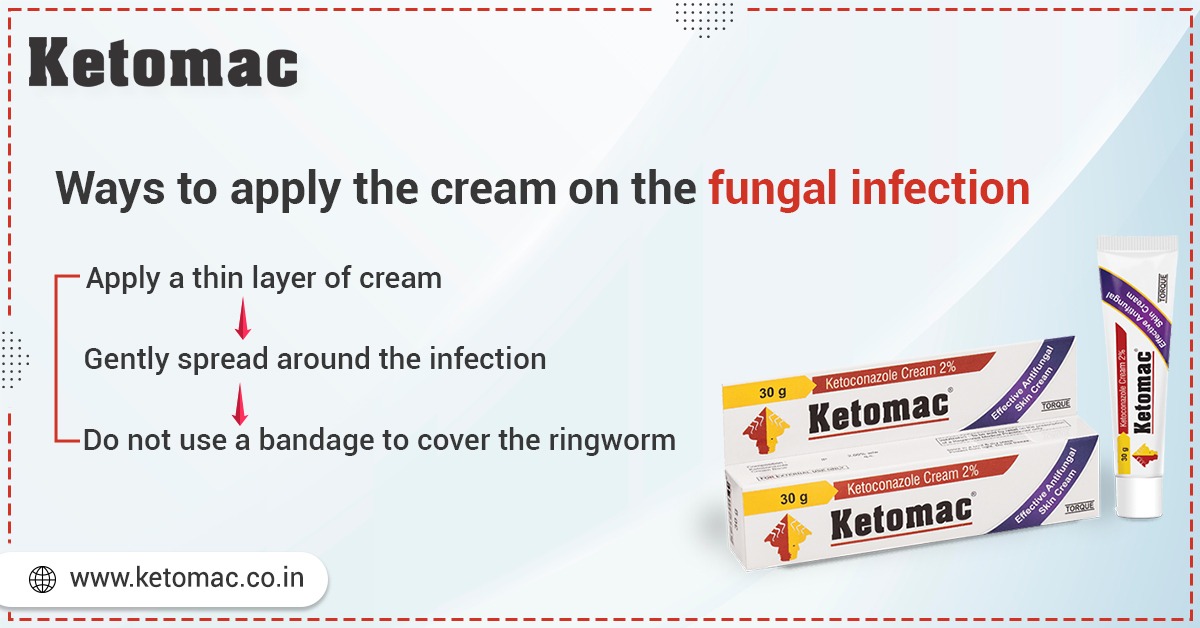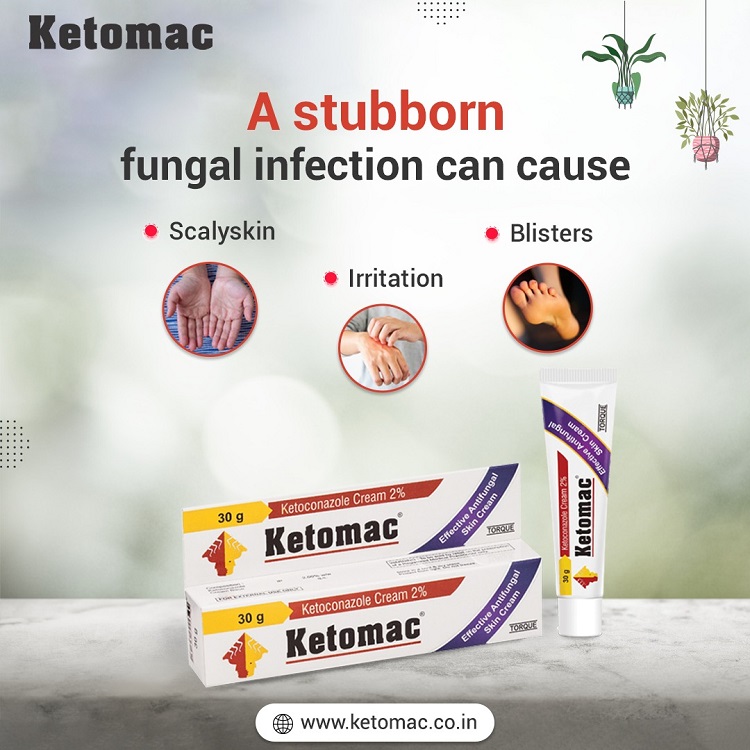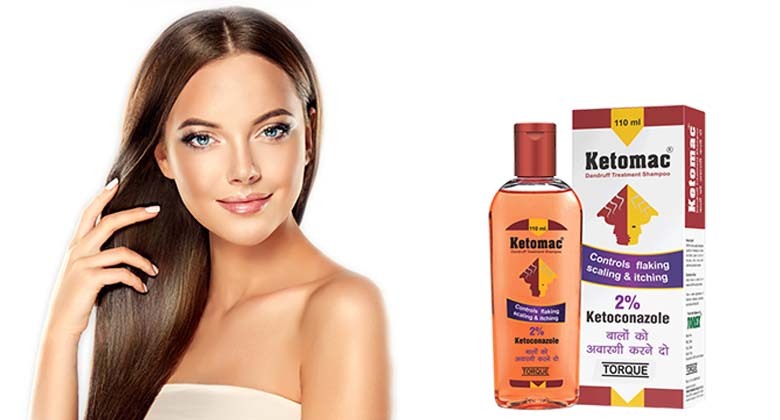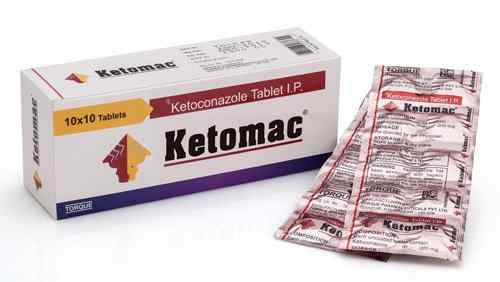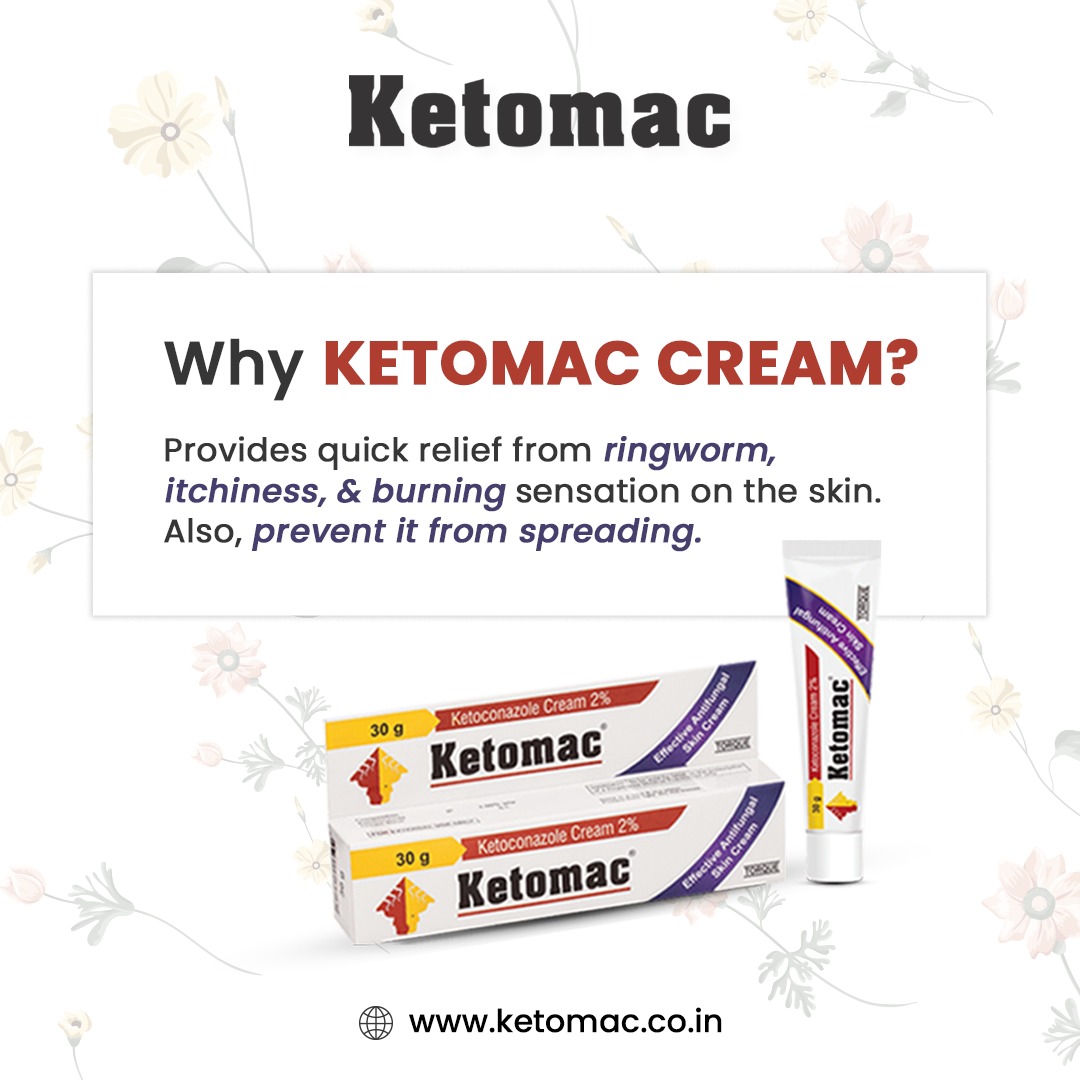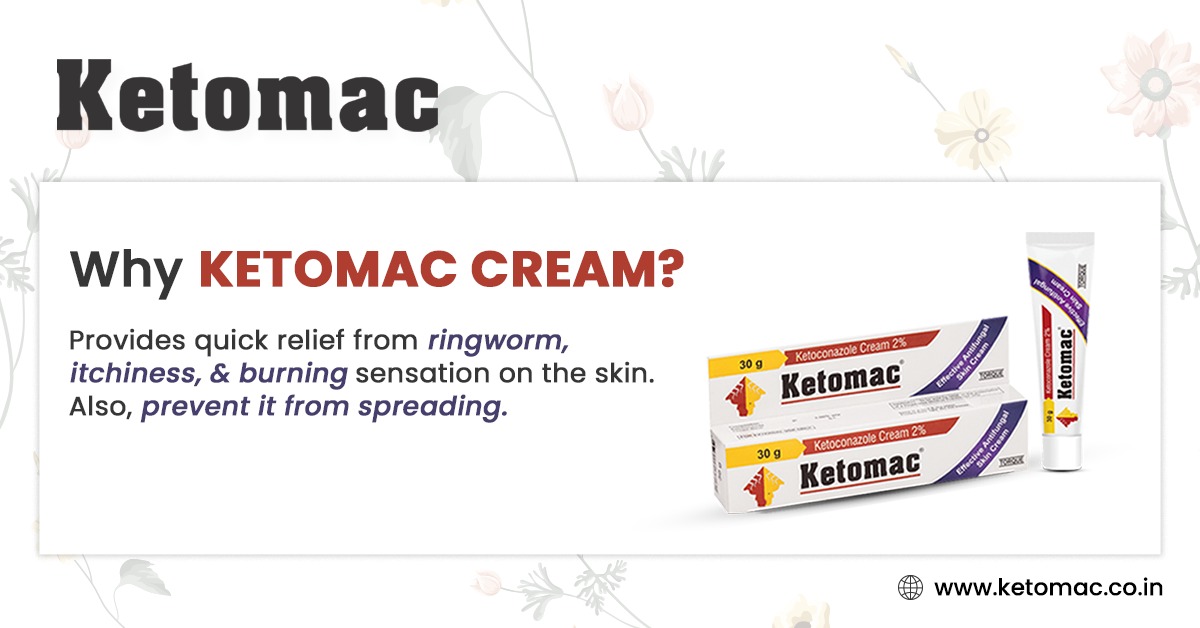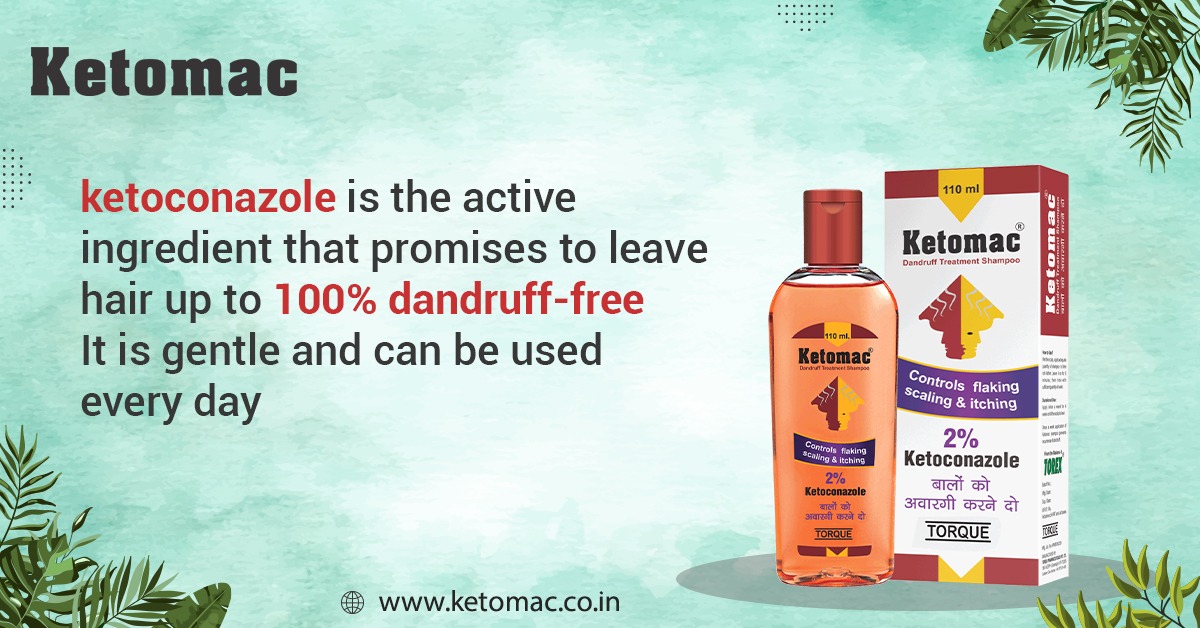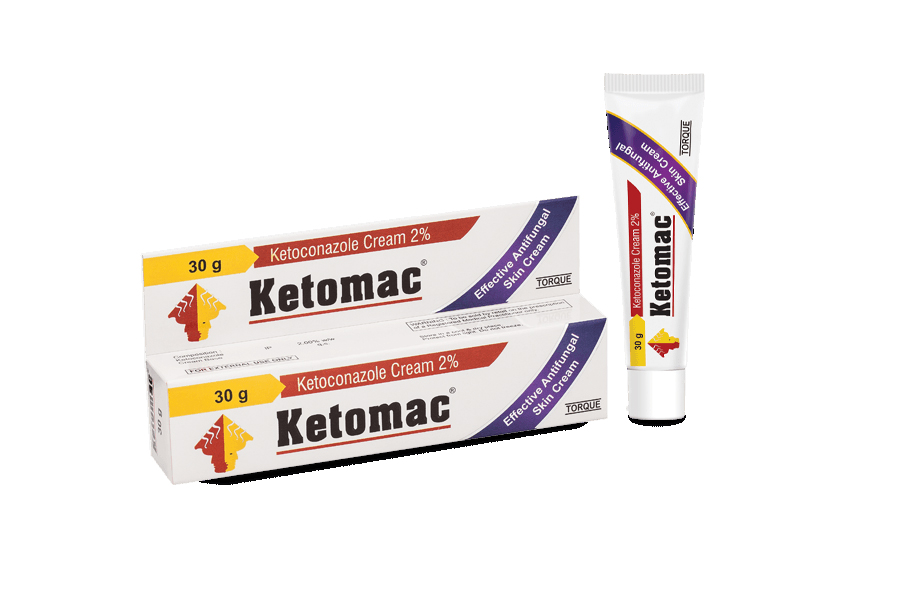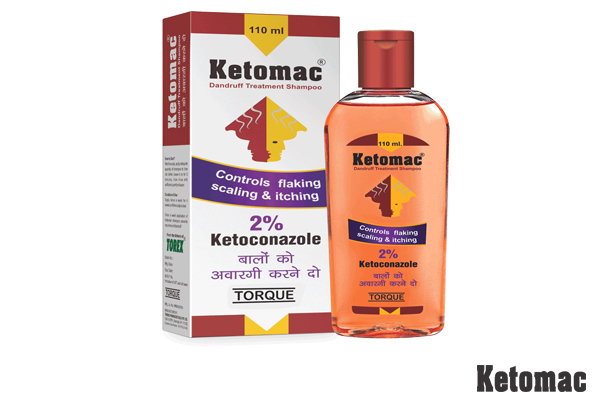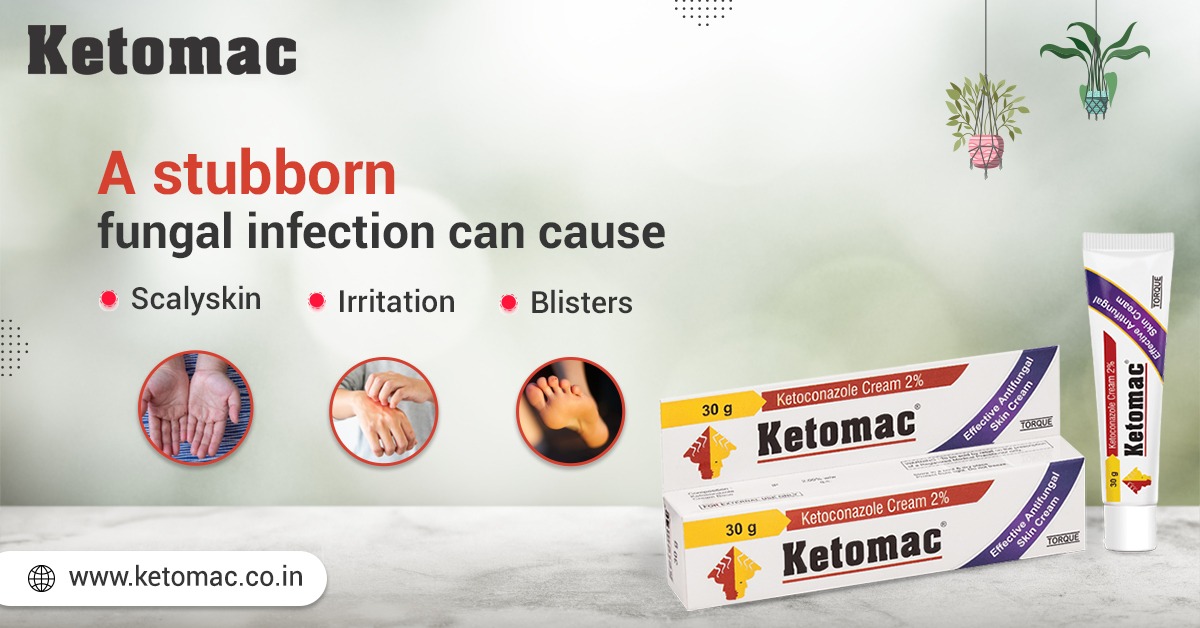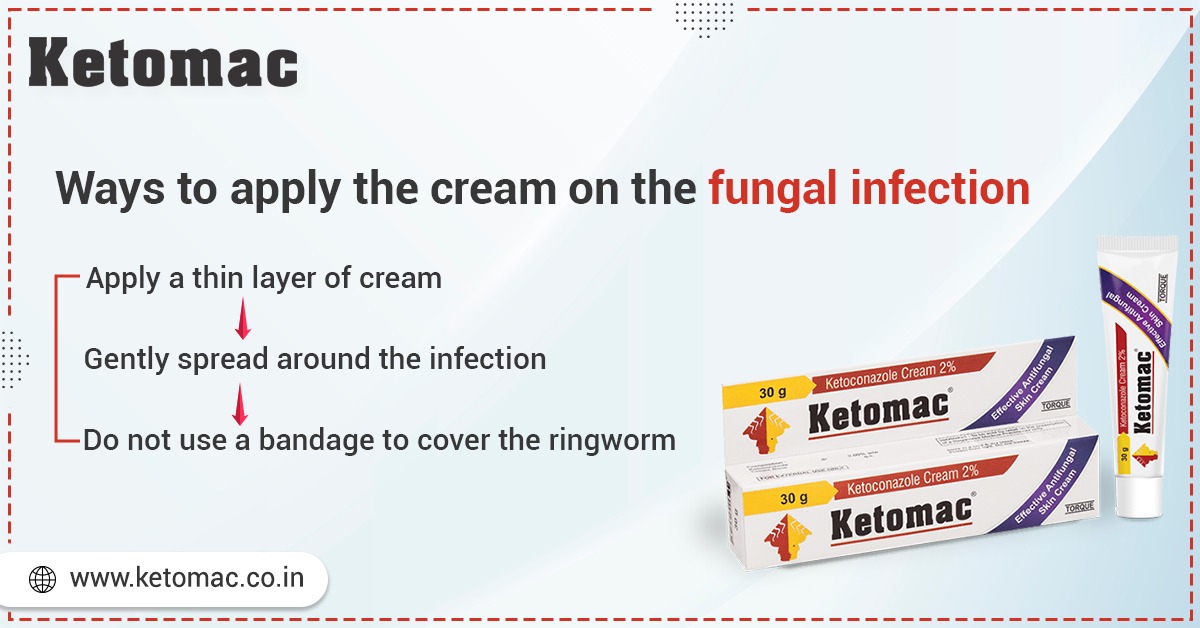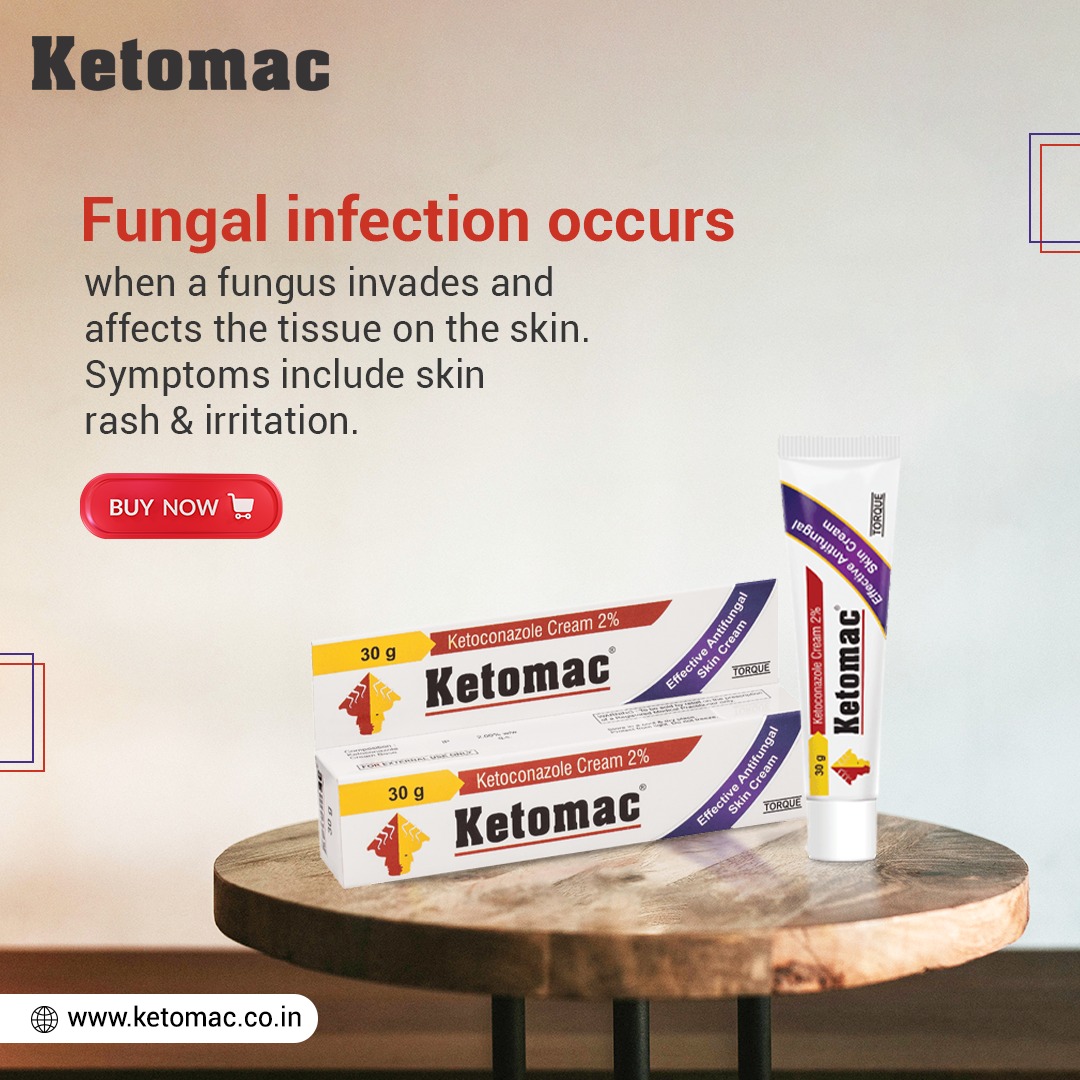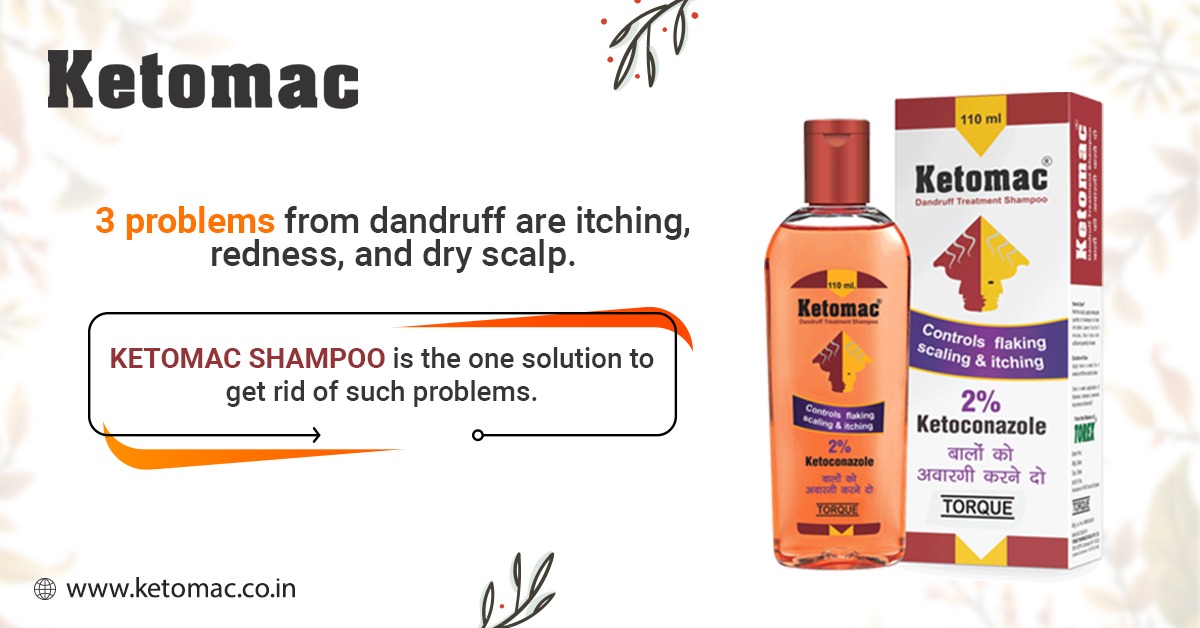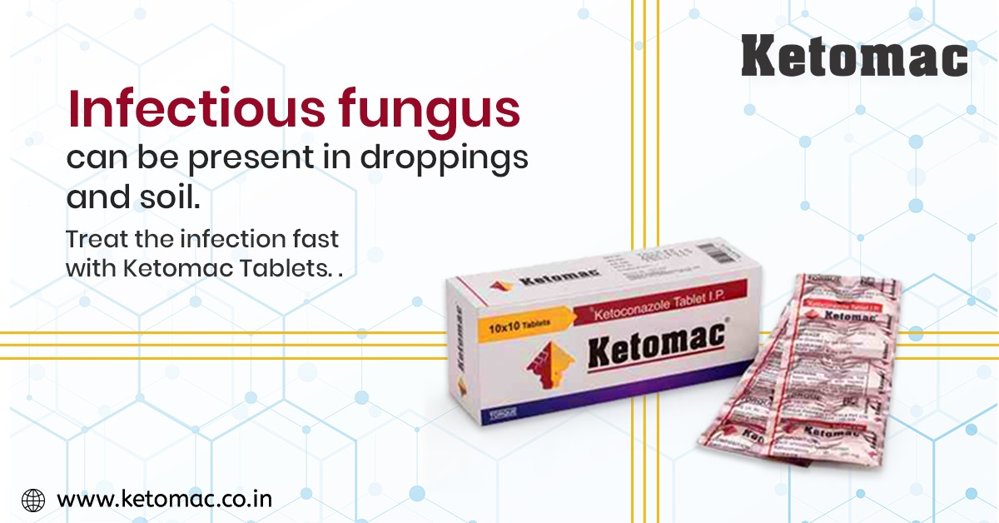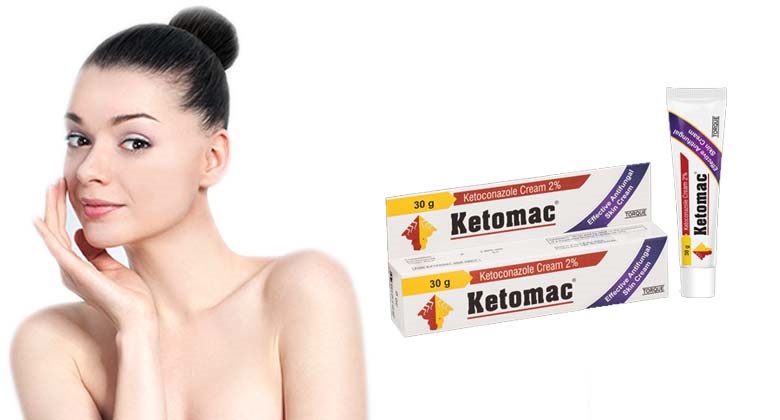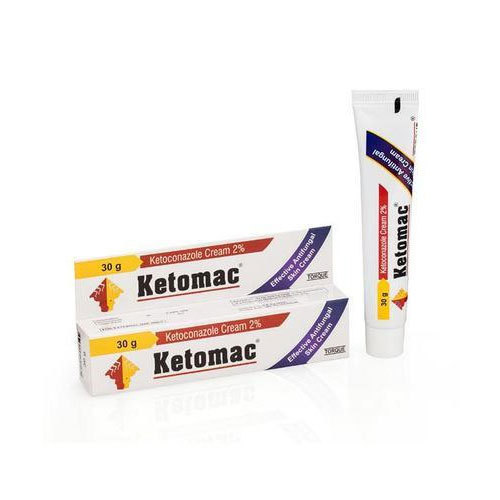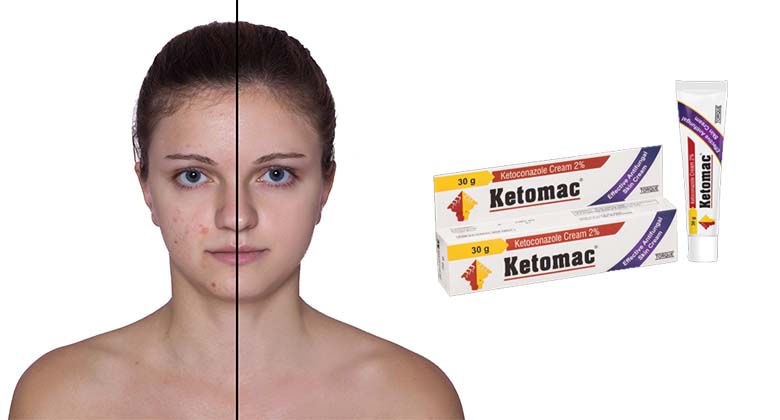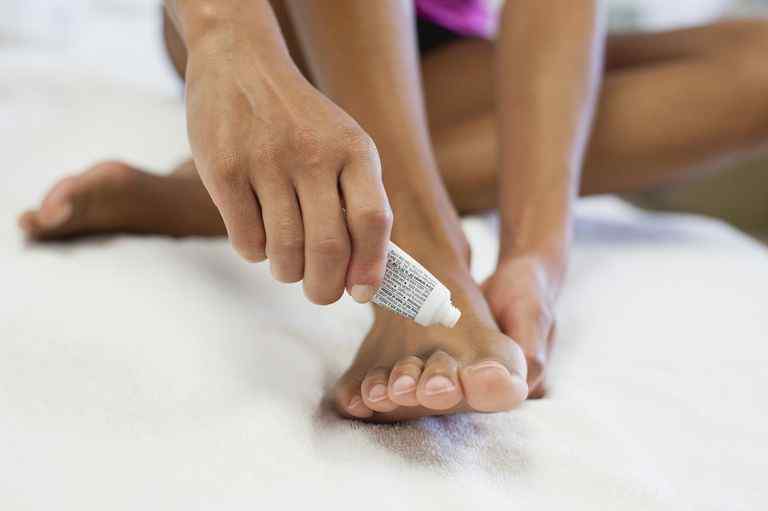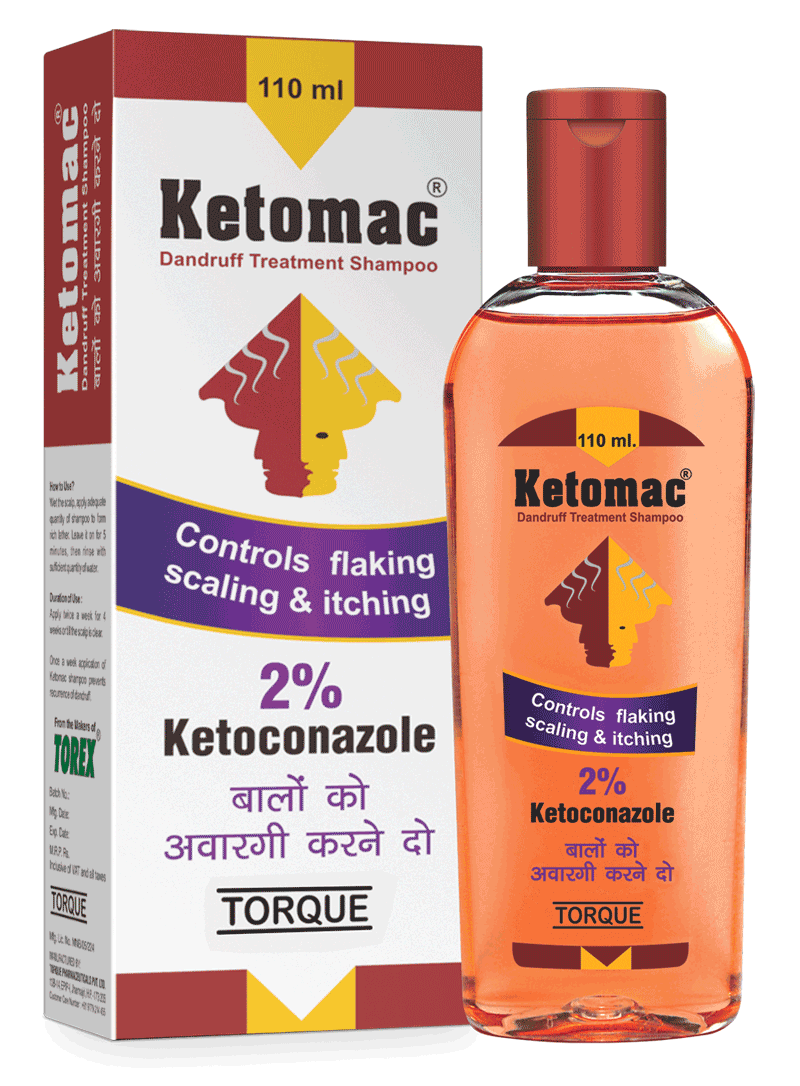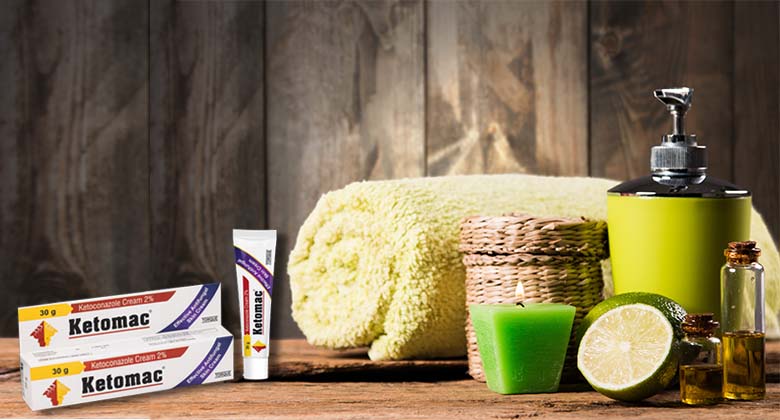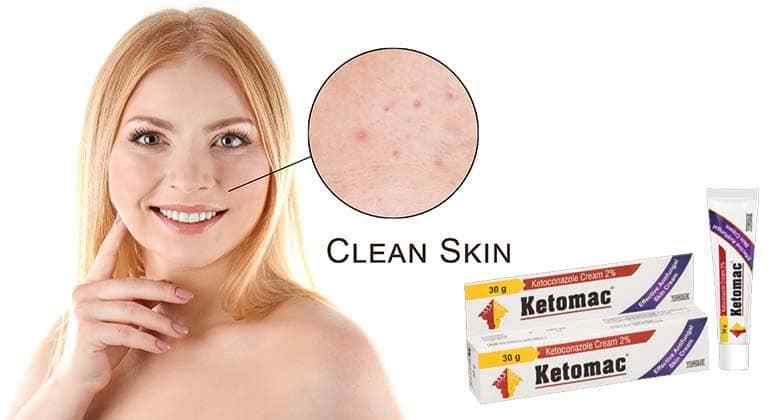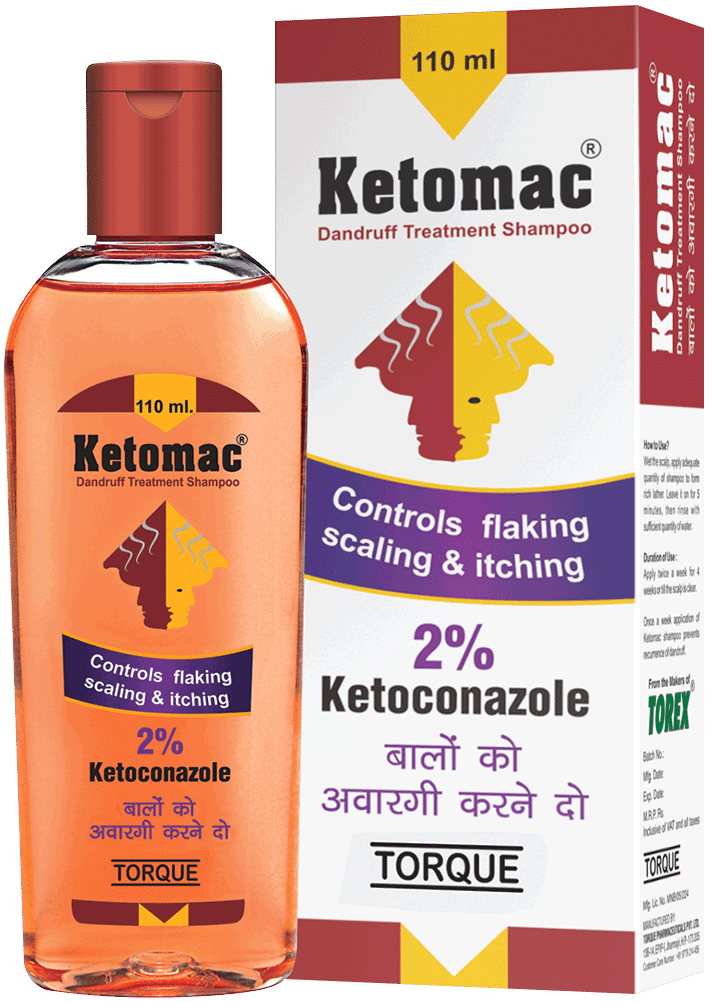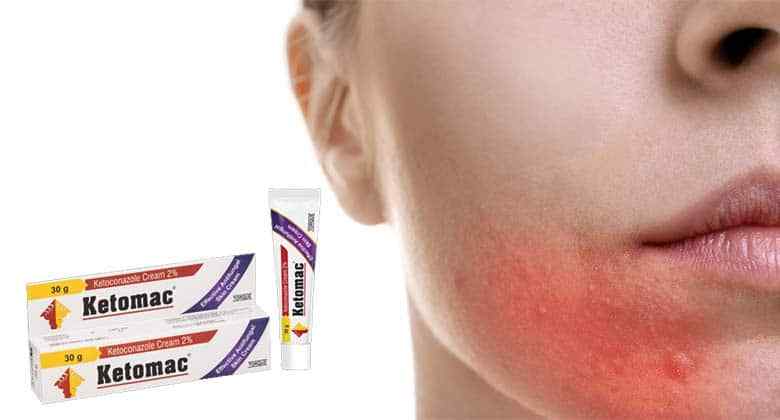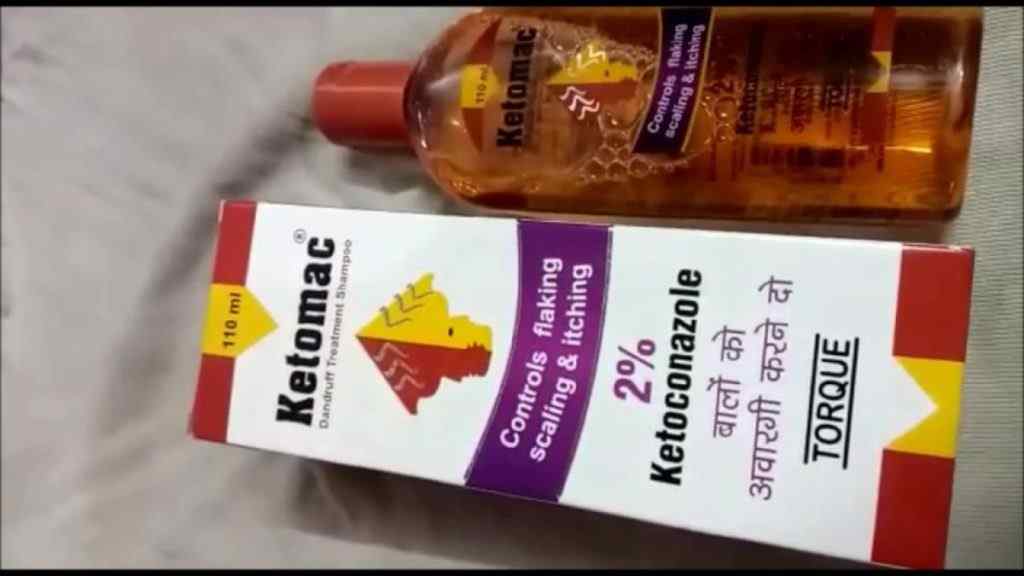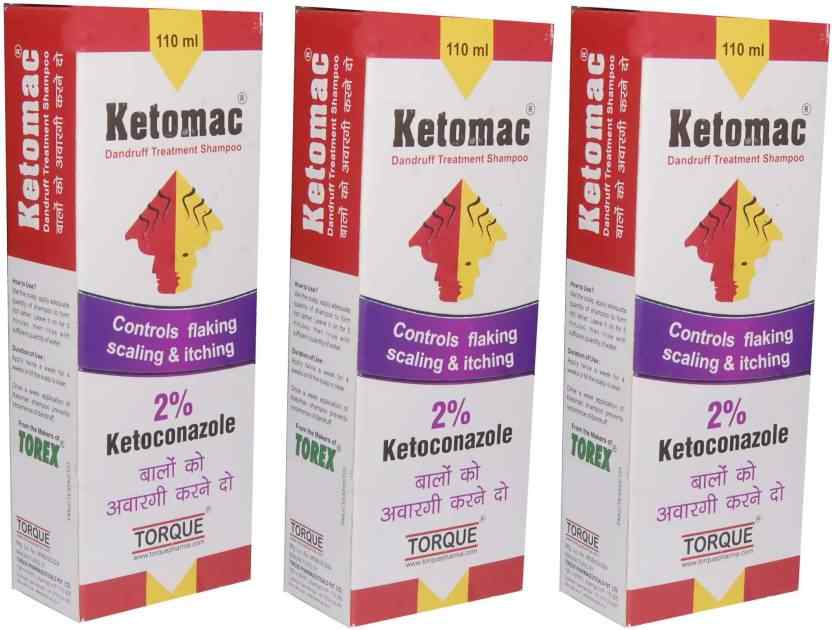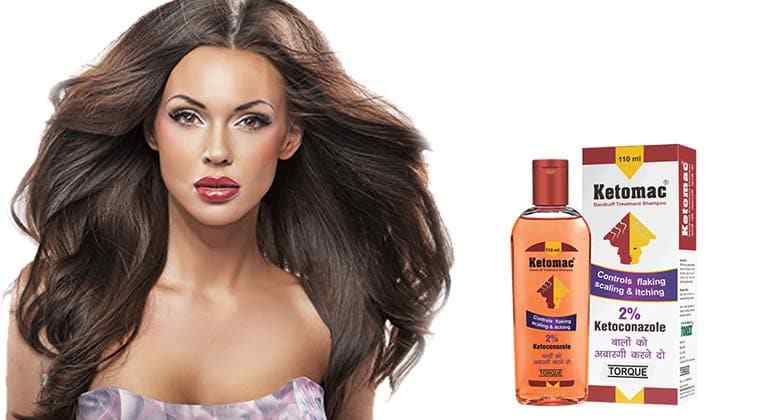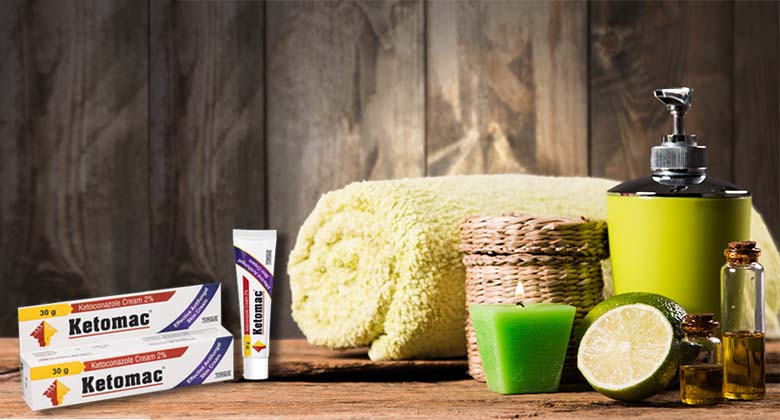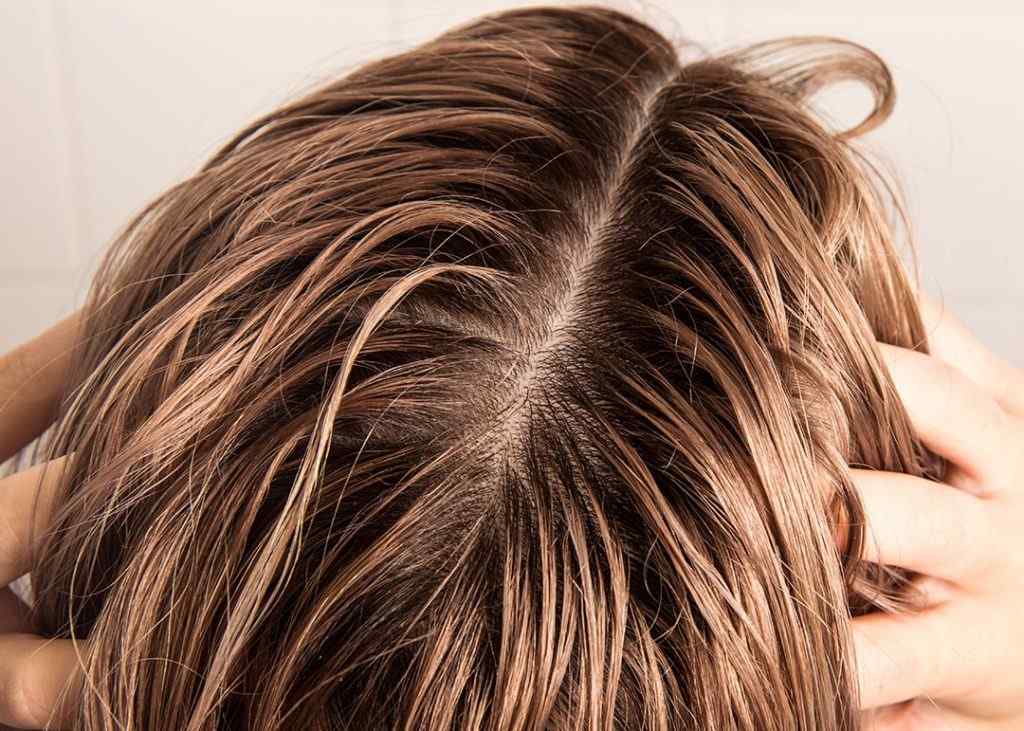Ringworm refers to an infectious fungal infection that damages the skin’s top layer, the nails and the scalp.
This infection is called Ringworm due to its itchy, red, and round appearance.
Ringworms can surface on any part of the body. However, folds are where the chances of their occurrence are higher.
Here we will discuss various aspects of this infection to take proper treatment and take the path of recovery.
Here are a few facts about Ringworm—
- Ringworm is in no way linked to worms.
- This infection occurs when a fungus consumes the keratin present in hair and skin. Keratin is a protein.
- This is a typical skin infection children suffer from.
- The treatment of this infection is usually based on the nature and severity.
Types of Ringworm: What you need to know—
- Scalp ringworm—
- The most popular treatment for this type of Ringworm is an oral medication. What medication is needed is determined by the type of fungus.
- Antifungal shampoos are used to check the spread and trigger faster recovery of Ringworm. However, they don’t cure it.
- You can shave the head of the patient. This does not reduce Ringworm or increase the pace of recovery. But it’s a way to give children some relief.
- Body skin ringworm—
- Antifungal creams are the most effective treatment for body skin ringworm. You can buy these creams over the counter and online, and these creams come with different instructions that you can follow for good results. Although many brands are available, Ketomac is the best cream for fungal infections in India.
In case of severe symptoms, or when the infection has spread unusually, your body might not respond to over-the-counter medications; your doctor may prescribe a prescription-strength topical medication.
- You can also take oral medicines. But there might be side effects. Side effects include skin rash, abnormal liver function etc.
How should you take care of your skin when you Have Ringworm?
- If you have Ringworm, you should wash the infected area exceptionally gently.
- If you are applying cream or washing the area, take extra care not to hurt it.
- While wiping off water from the body, do it with light hands. Don’t press too hard on tender areas.
- If you expose your toes to water, don’t forget to dry the skin between your fingers properly. Also, it would help if you kept other folds in your body dry.
- Socks and undergarments should be changed more frequently than you usually do. It’s best to treat all infected areas simultaneously to prevent the infection from spreading from one place to another.
- Wear clothes that are not snugly fitted.
What are the kinds of Ringworm?
Different types of Ringworm can affect different parts of your body.
- Scalp ringworm is a condition that affects children as well as adults. This is more common in urban areas where people live close together, which gives the fungus more chances to spread.
- Skin ringworm can be dangerous for both children and adults, affecting babies.
- Ringworm can also infect the area of the beard. This is a common problem for men who grow facial hair and can often be caused by contact with an animal with Ringworm.
Different kinds of ringworms will generally have different symptoms—
- Scalp—
The affected areas may feel tender, painful, or inflamed on the scalp. Hair falls out of the patches or around them. Kerion, which is significant, inflamed sores on the scalp may appear. They can also ooze pus. Although a person might have a fever and the lymph nodes or glands might swell, this is not common.
- Body skin—
The rash looks like a ring. The skin around the ring may appear reddish and inflamed on the outside, but it will look normal in the middle. The ring part is slightly raised, and itching happens, especially under the skin rash.
- Beard area—
Redness, swelling, and pus-filled bumps appear. Hair loss occurs, which is usually cured by treatment. Swelling of glands might also occur—raw, open skin with raised, soft patches.
Are there complications?
The risk of fungal infections extending below the skin’s surface is rare, and there is little chance of developing any severe illness. However, Ringworm can spread to other parts of the body if not treated.
But infections do sometimes occur when the skin is damaged. Ringworm is more common in people with HIV or other immune-system conditions. If the immune system is weak, it is harder to eradicate the infection.
Who can get Ringworm?
- You have a higher chance of getting ringwork if you haven’t attained 15 years.
- You are at high risk if you have a weak immune response.
- If you use medicines that suppress your immune system.
- If you live somewhere warm and humid.
- If you come in contact with infected people or animals.
- Share towels and clothing with someone suffering from the infection.
- Hyperhidrosis can cause excessive sweating. Hyperhidrosis patients are also susceptible to Ringworm.
- If you wear tight clothing.
How is Ringworm diagnosed?
A visual examination can often help diagnose Ringworm. A doctor will typically diagnose Ringworm after examining the affected area and asking questions about the patient’s medical history.
The doctor may remove a small amount of skin, but this will not cause any damage. They then examine the area with a microscope to look for signs of fungi.
The doctor will examine the skin to determine if it is caused by psoriasis or another disorder. Further testing is not required if symptoms are confirmed.
If the symptoms don’t improve, the doctor may recommend removing a tiny part of the skin and sending it to the laboratory for testing.
How to Prevent Ringworm?
If Ringworm is a problem in your household, the following tips can help you—
- If your pet has Ringworm, a vet should take care of it. The chances of contracting this infection from an animal are high.
- Everyone should wash their hands with soap frequently. Ringworm can be a severe problem affecting all household members, and prevention is the best way to keep Ringworm away.
- It is not a good idea for people to share hairbrushes or combs.
- Ringworm sufferers are advised to avoid touching the affected areas, increasing the risk of spreading the disease.
- It is better not to walk barefoot when you are in your home. This applies to you if you have a foot infection or someone else in the family has it.
- Wash your clothes with hot water and use fungicidal detergents.
- You can reduce your risk by wearing loose and relaxed clothes. Avoid synthetic materials if possible. Cotton clothes are best when you have Ringworm, and they are highly comfortable and don’t aggravate this problem.
So, now you know everything about Ringworm and how Ketomac can help you recover from this problem. But then it’s essential to remember that Ketomac doesn’t only treat Ringworm; it is the best antifungal cream in India for all kinds of fungal infections. It’s a fantastic product and can offer relief no matter how nasty your infection is.




